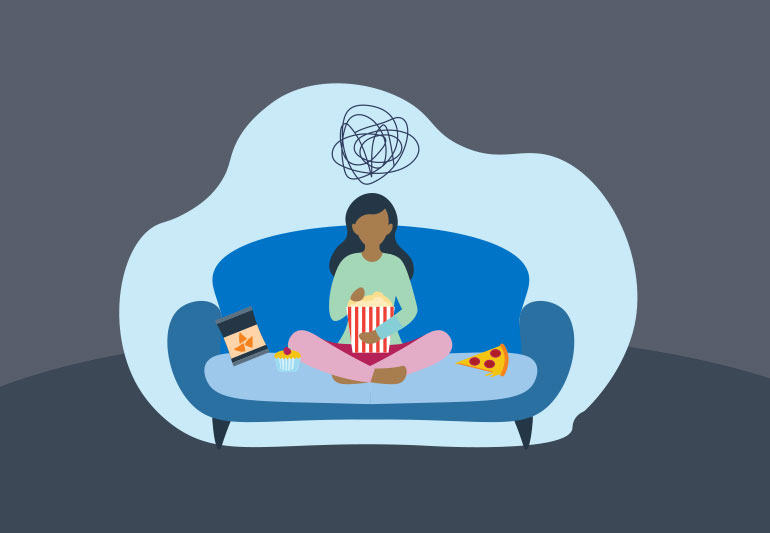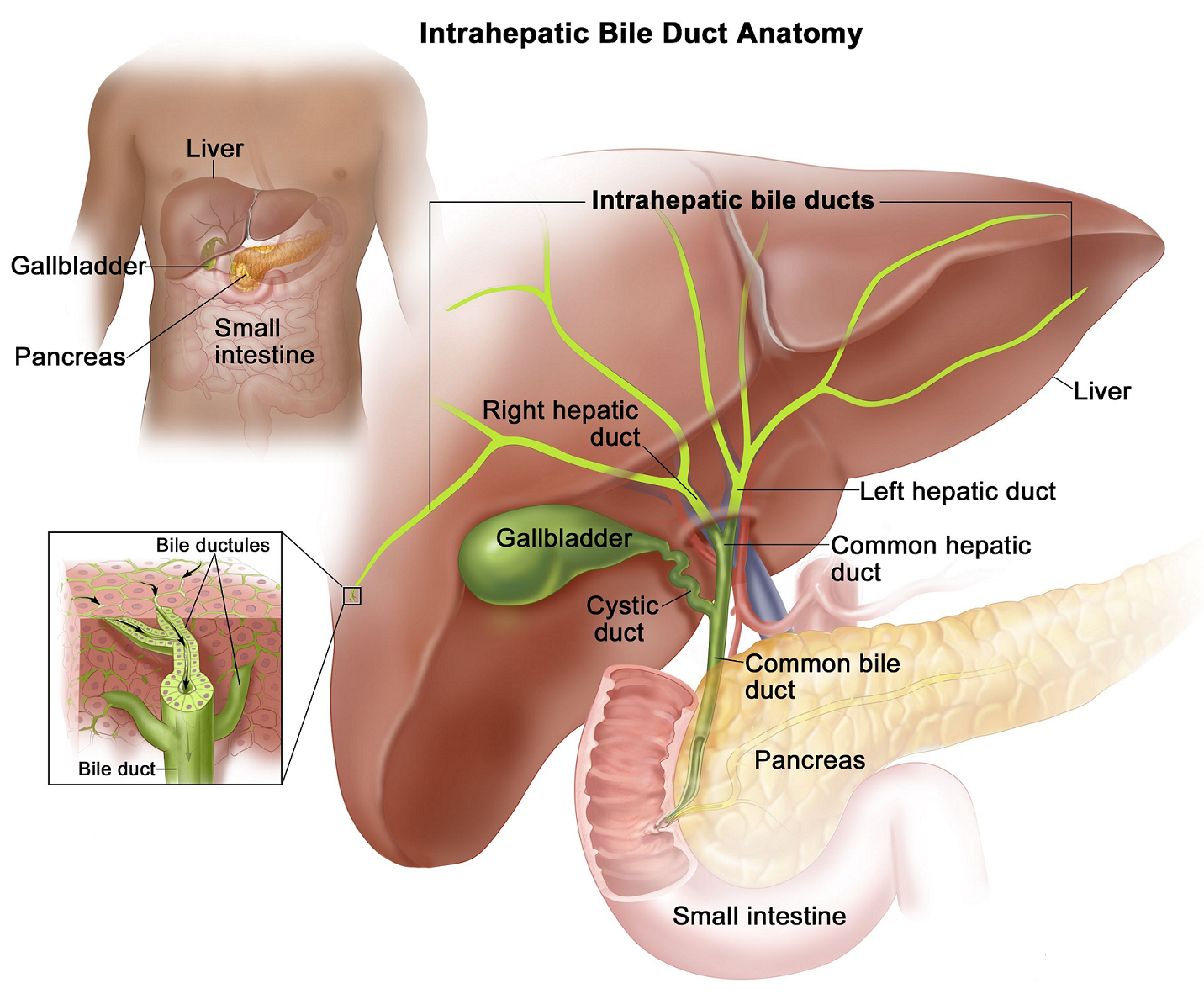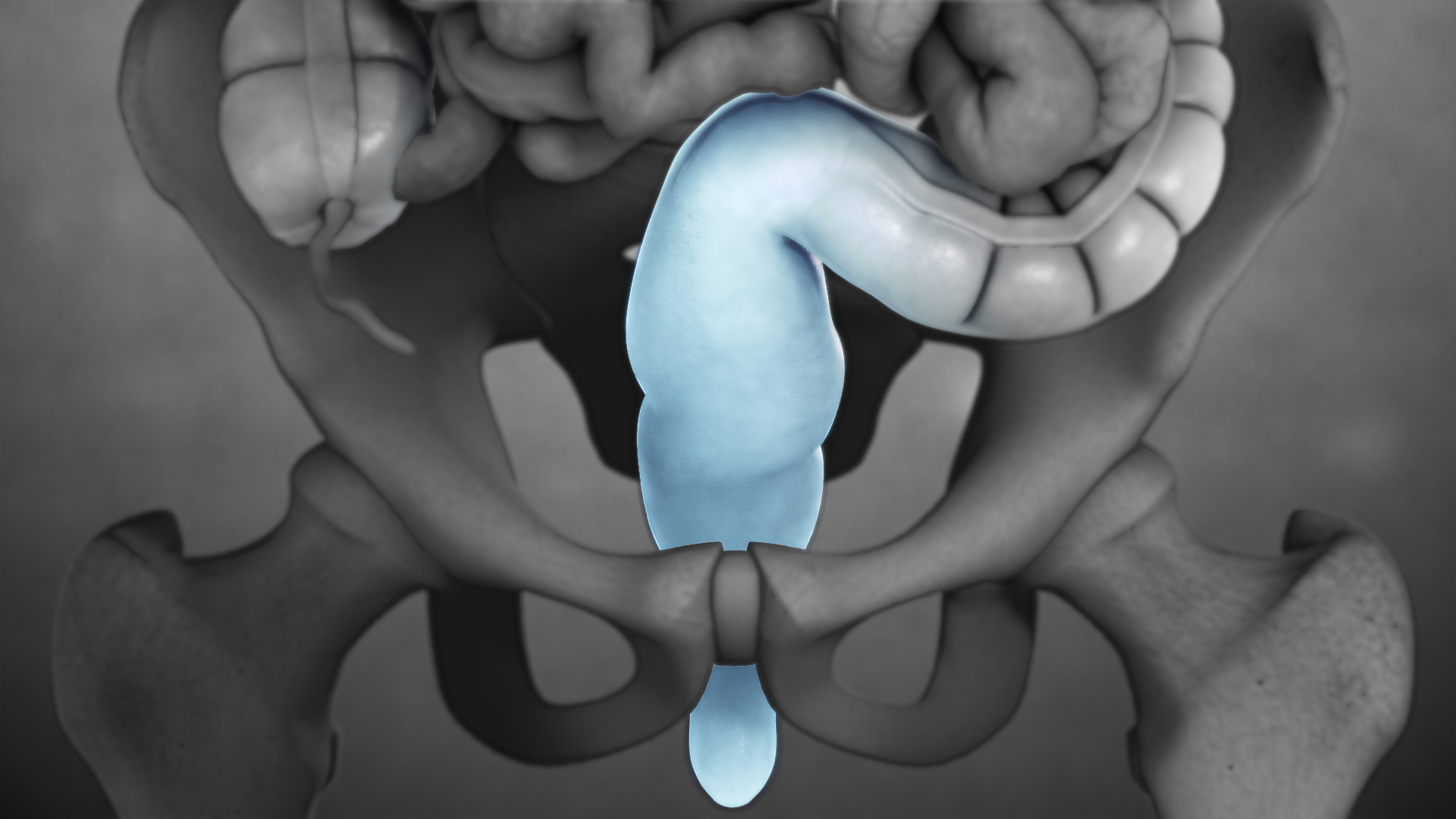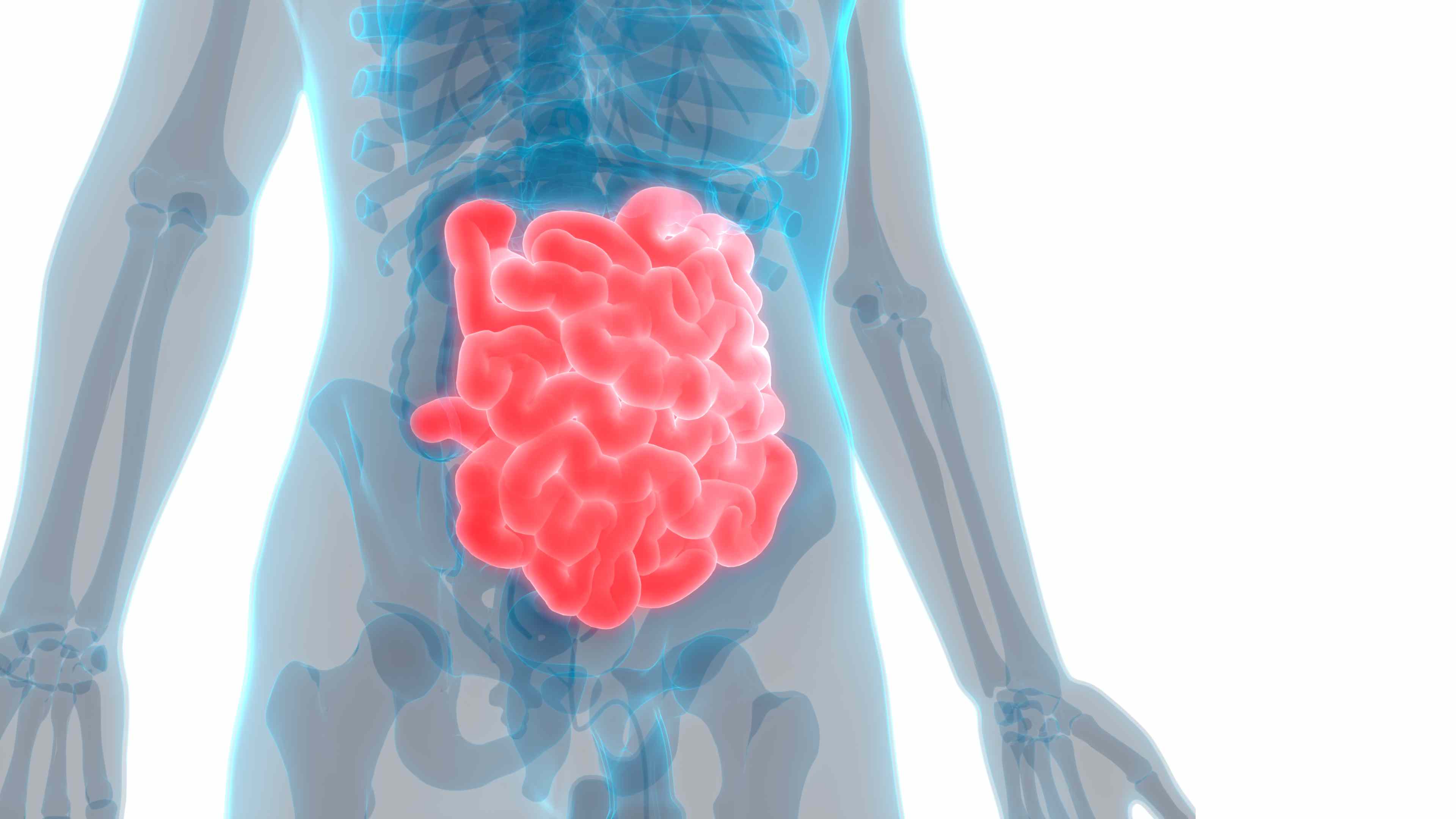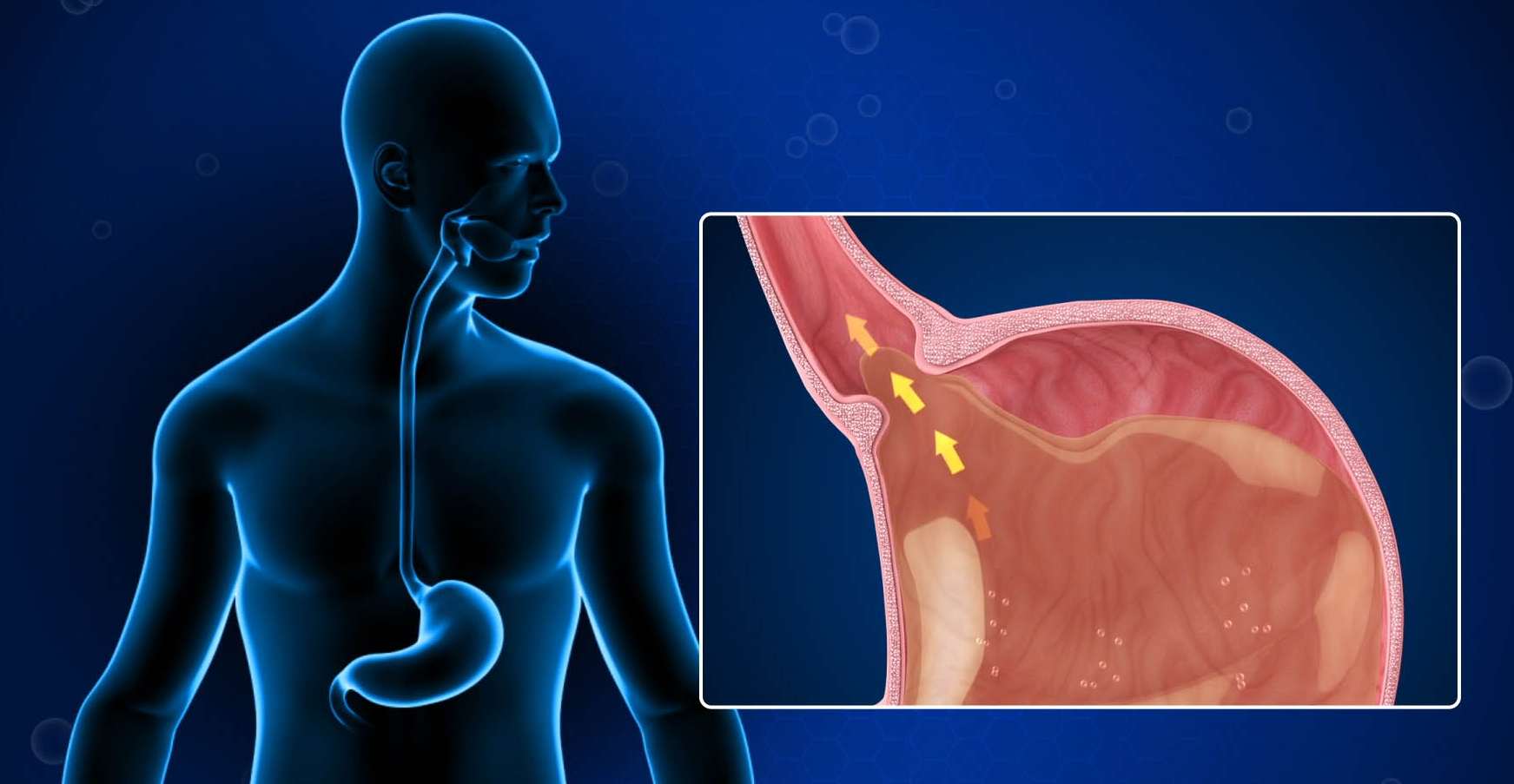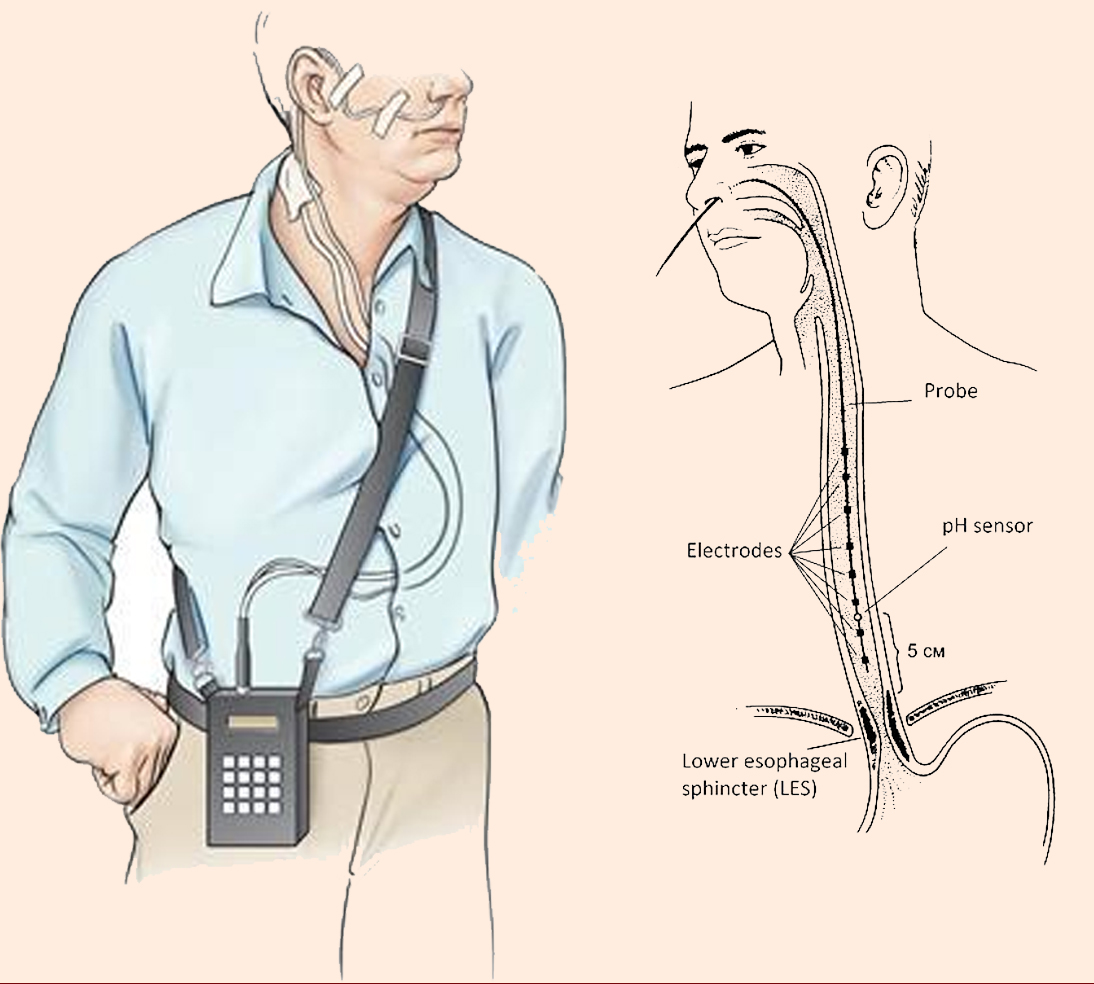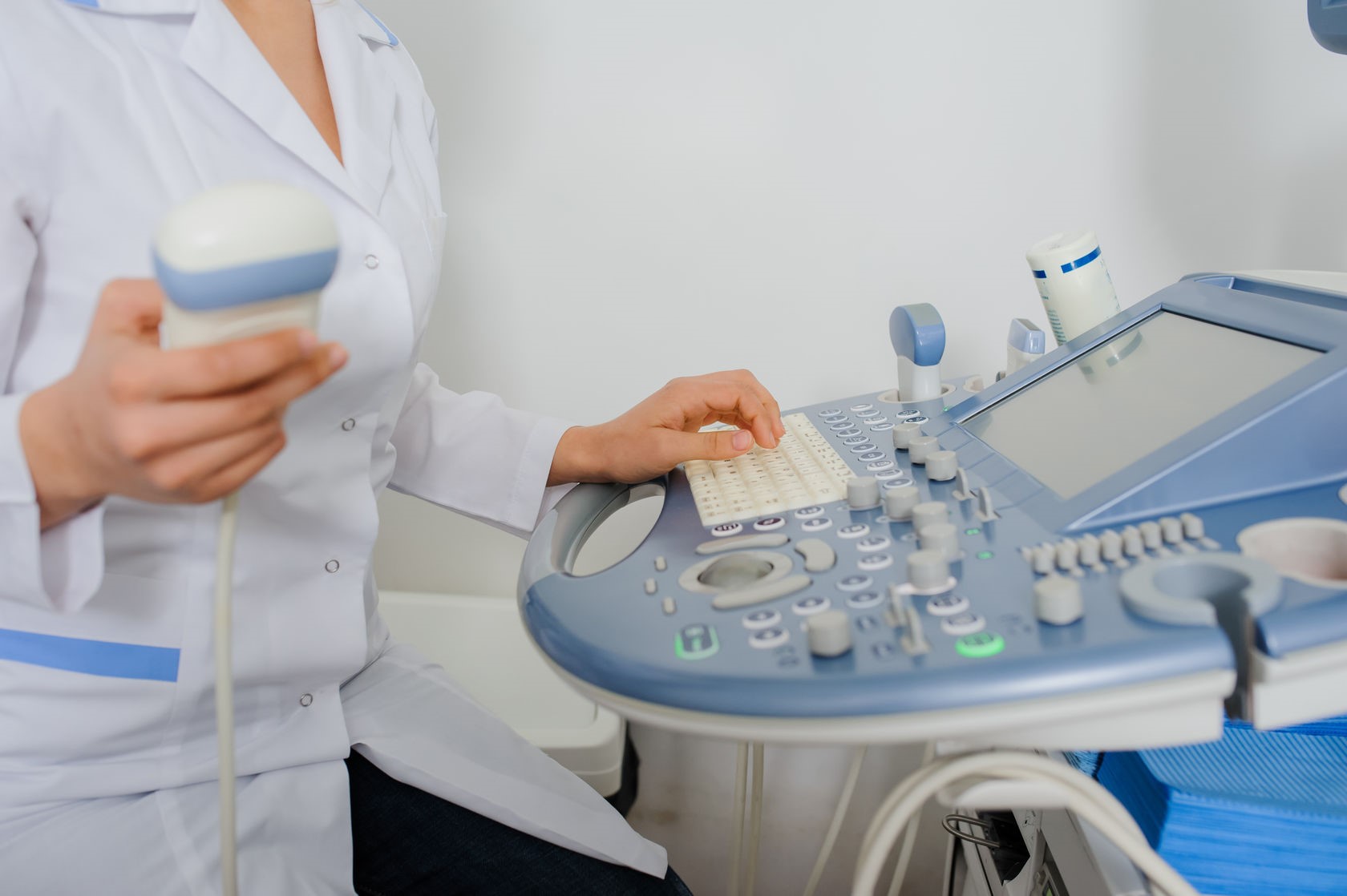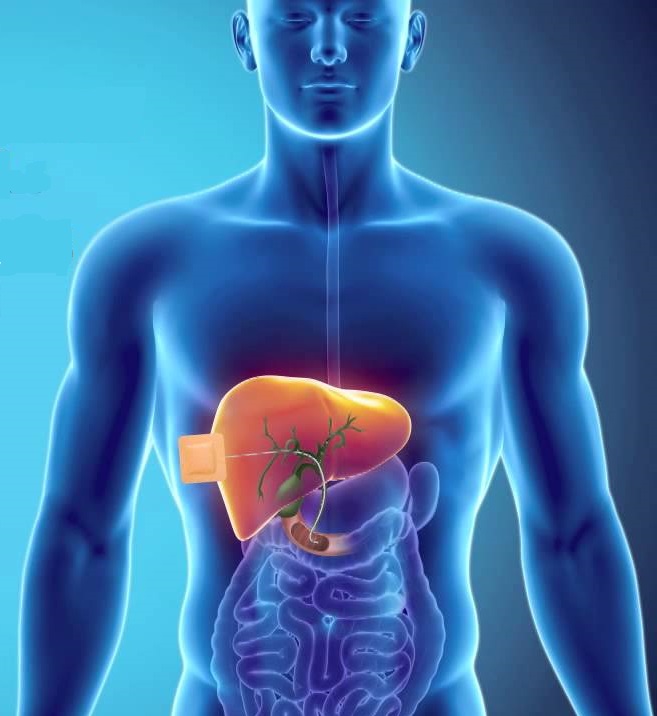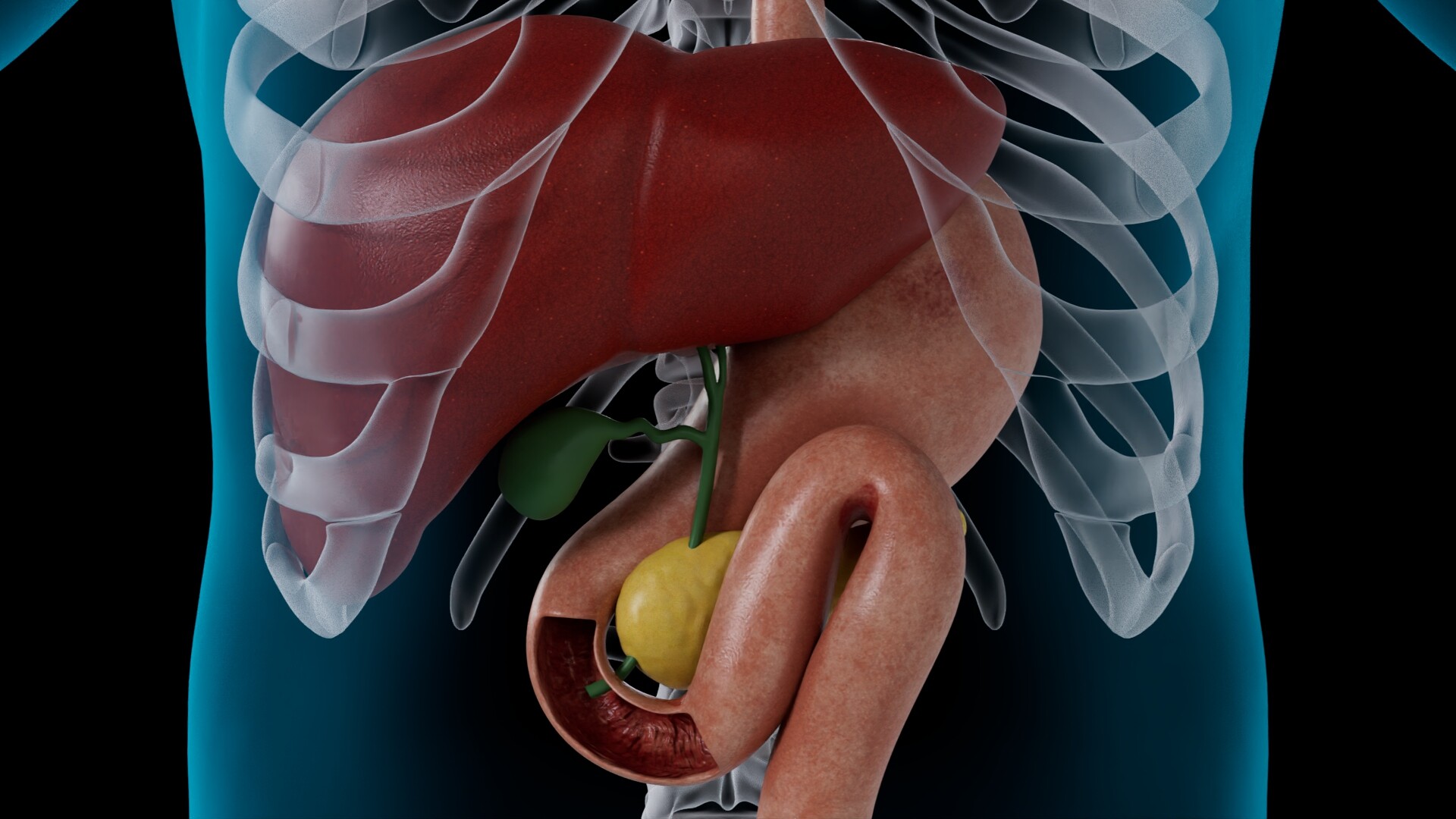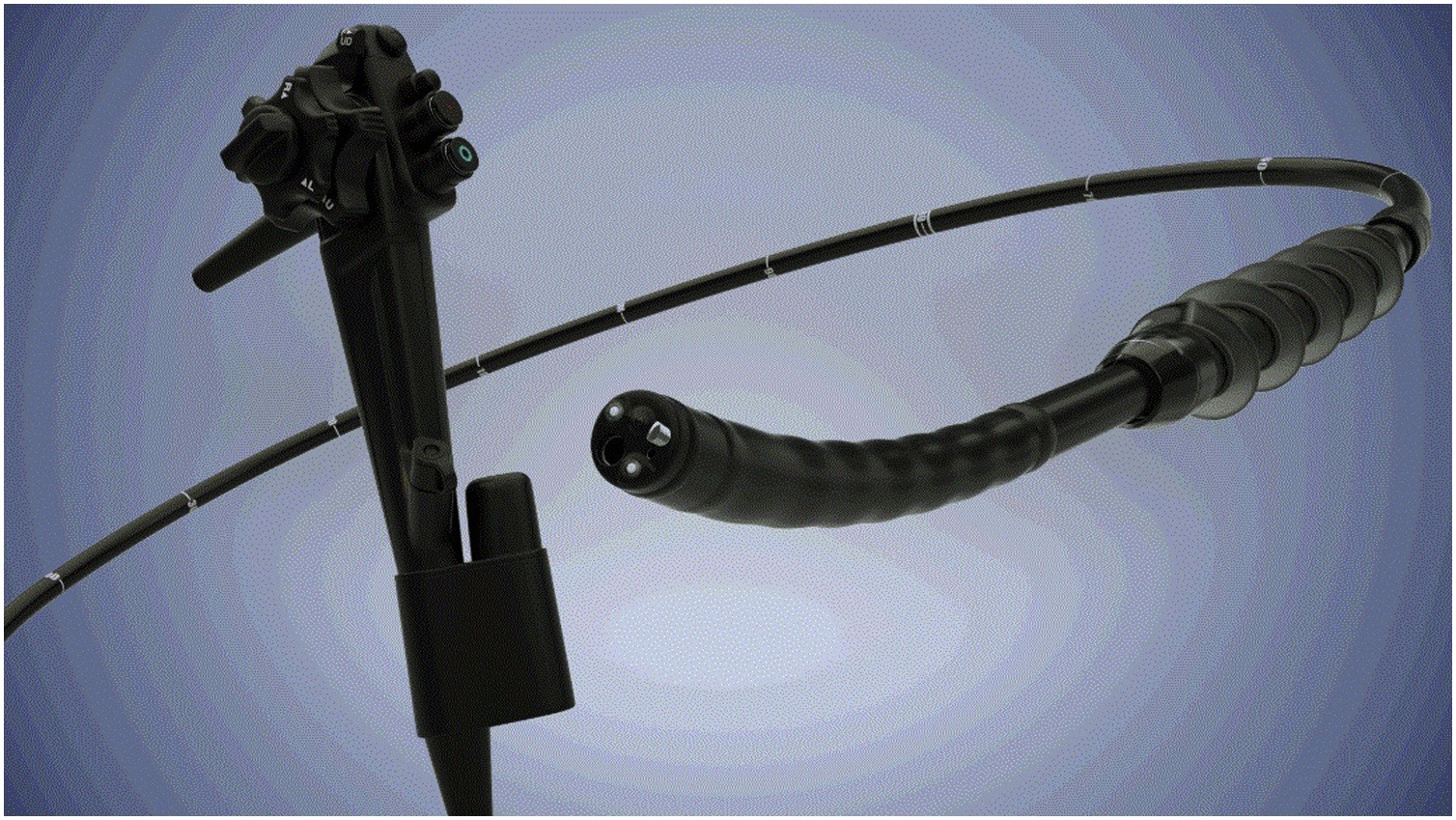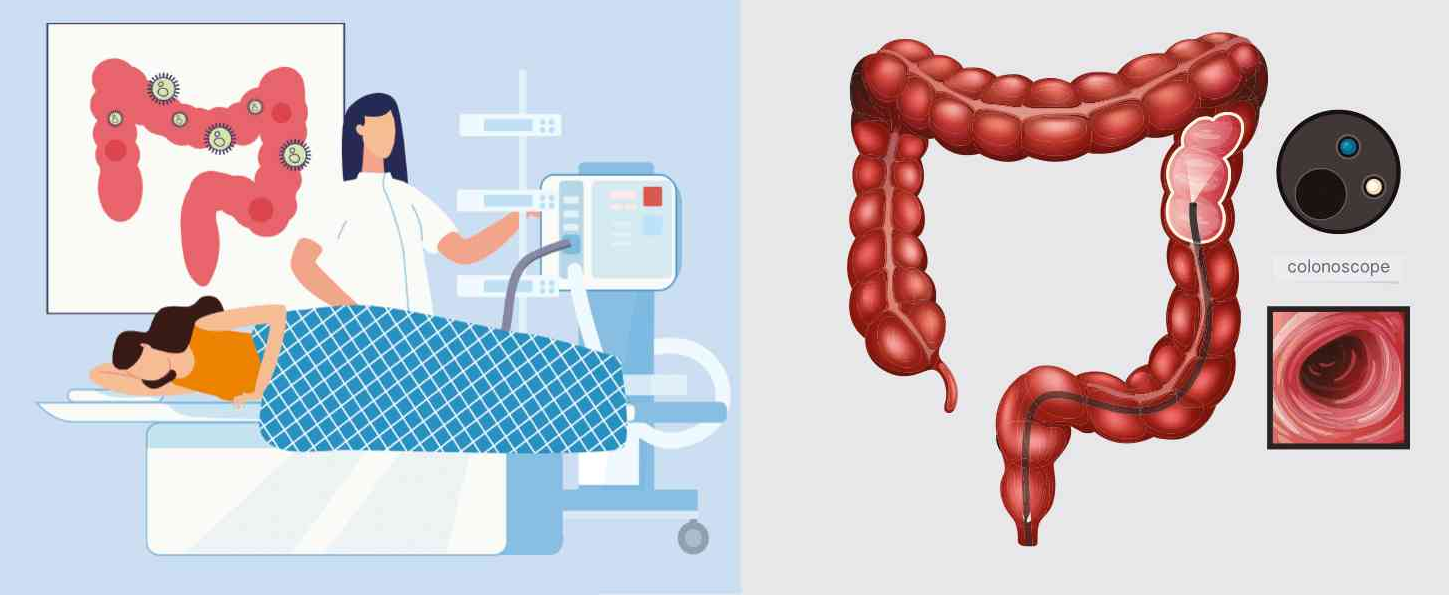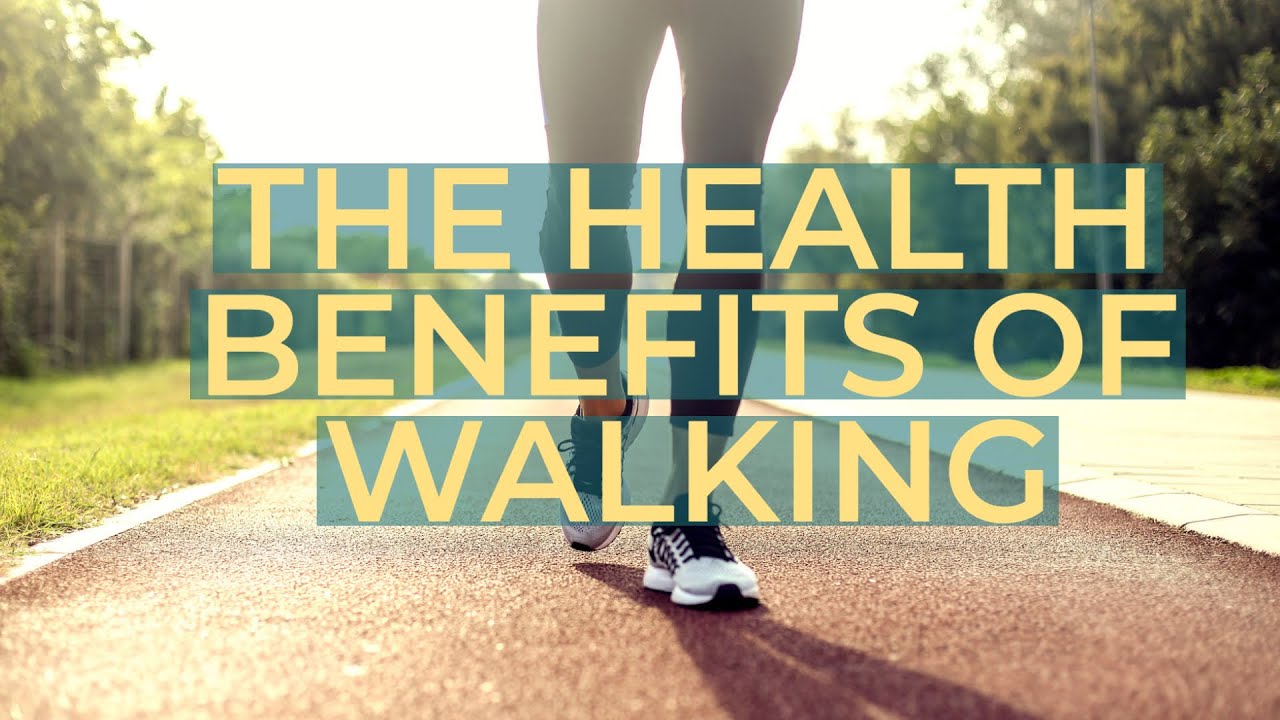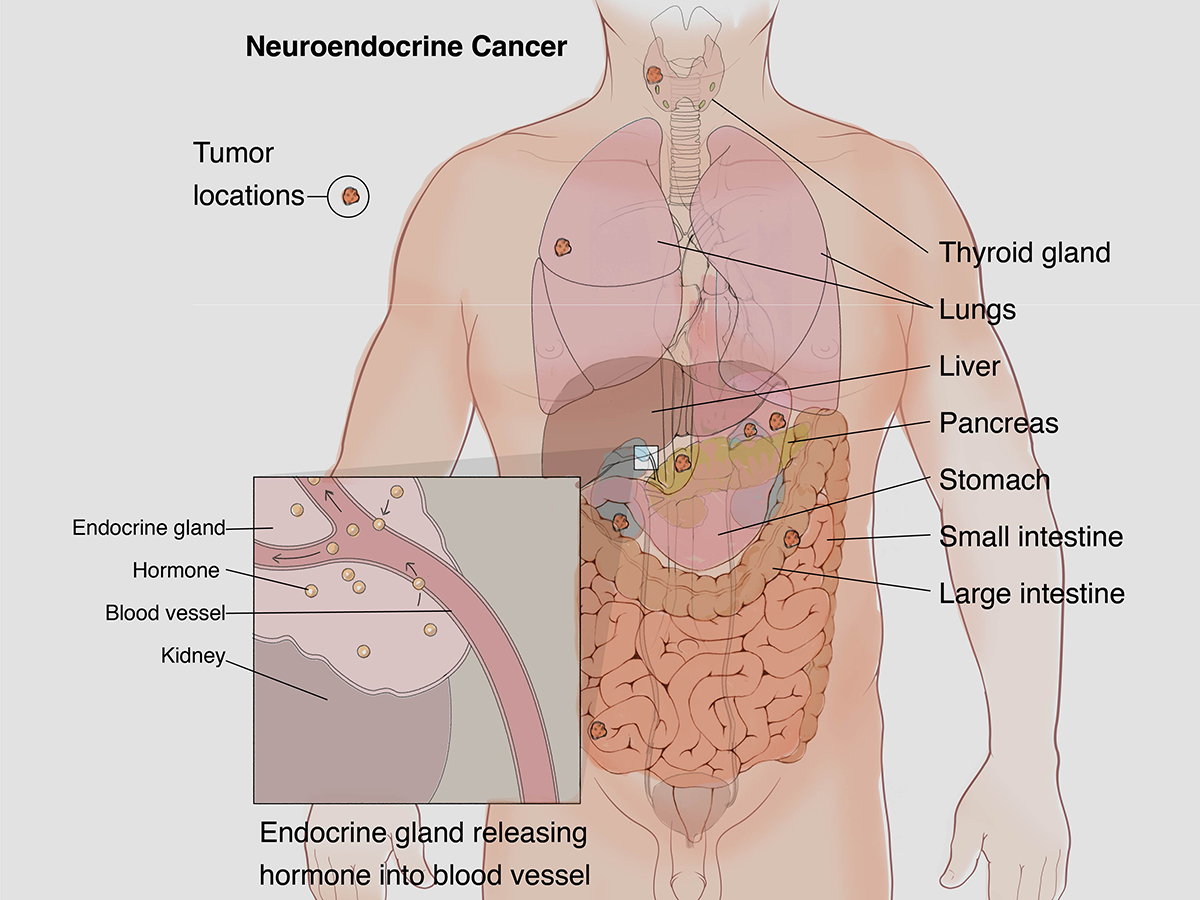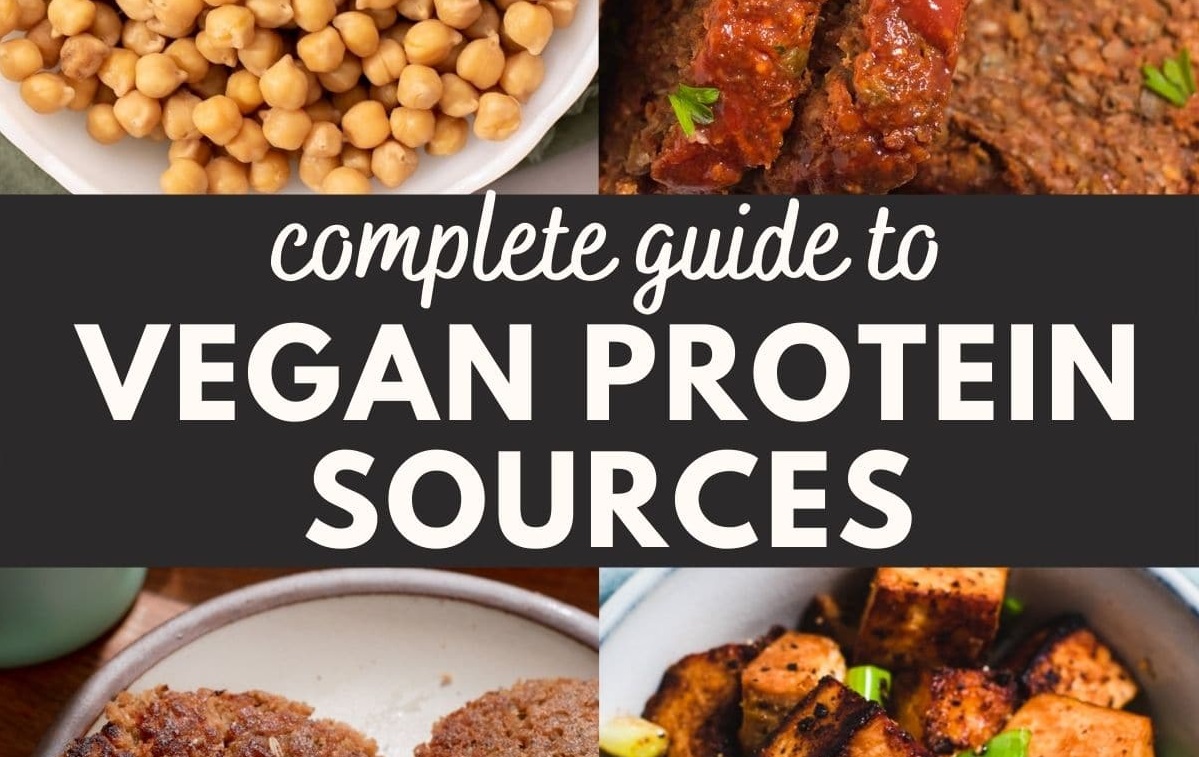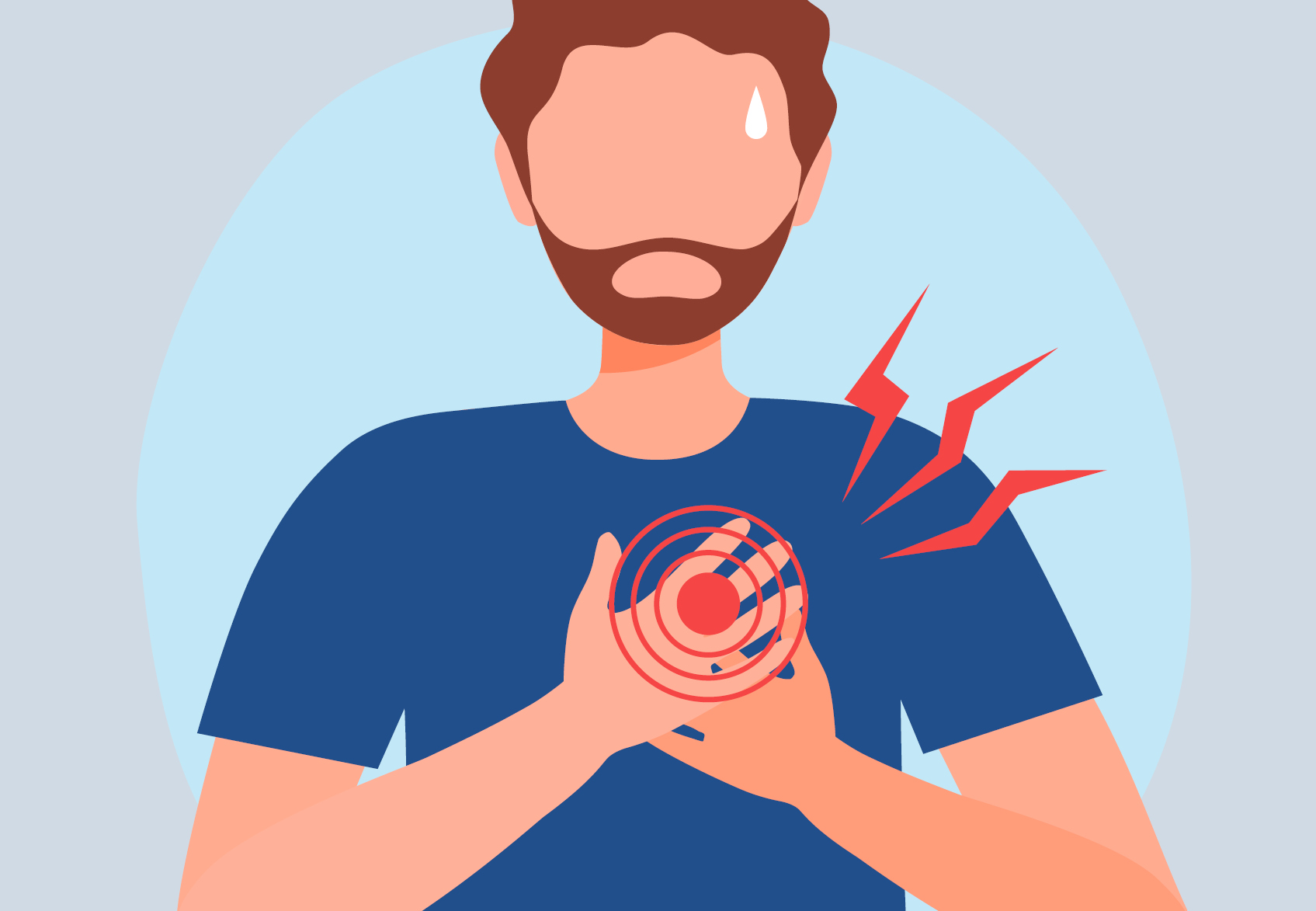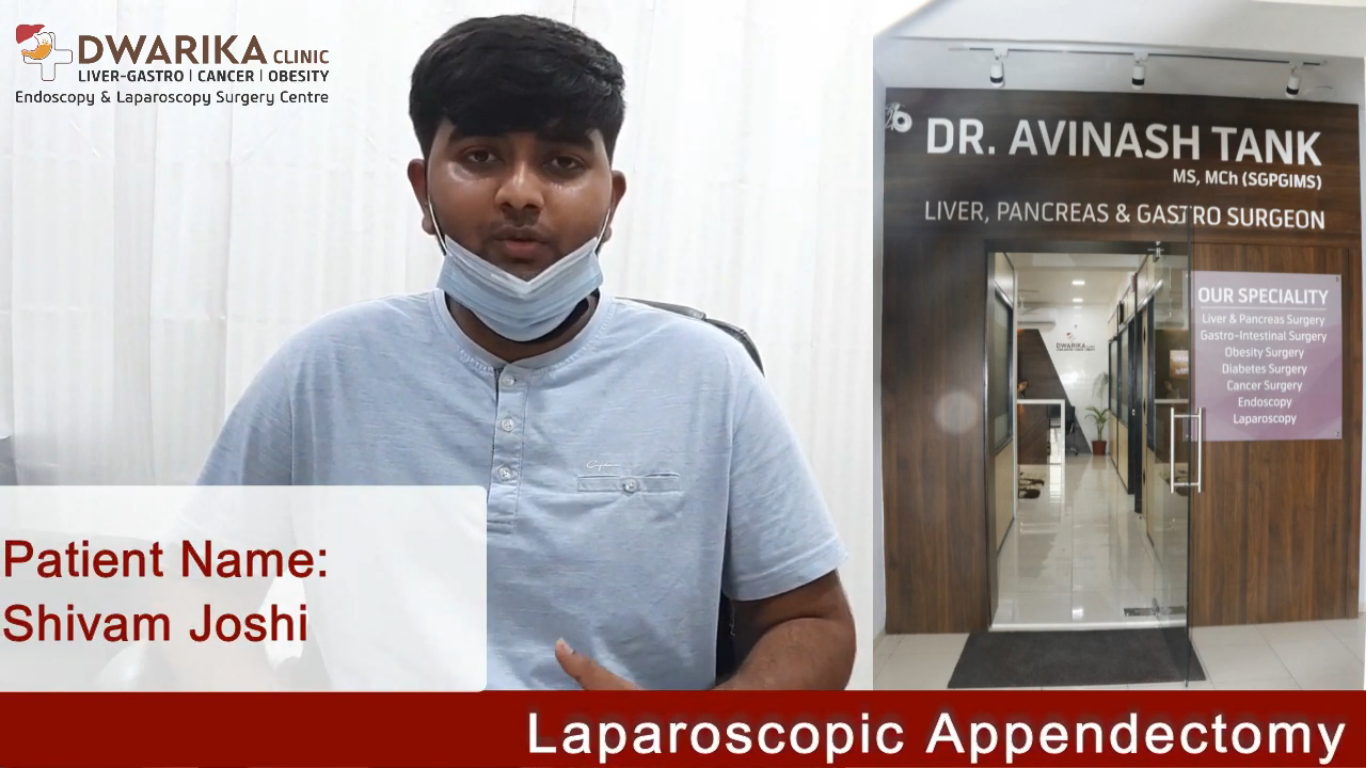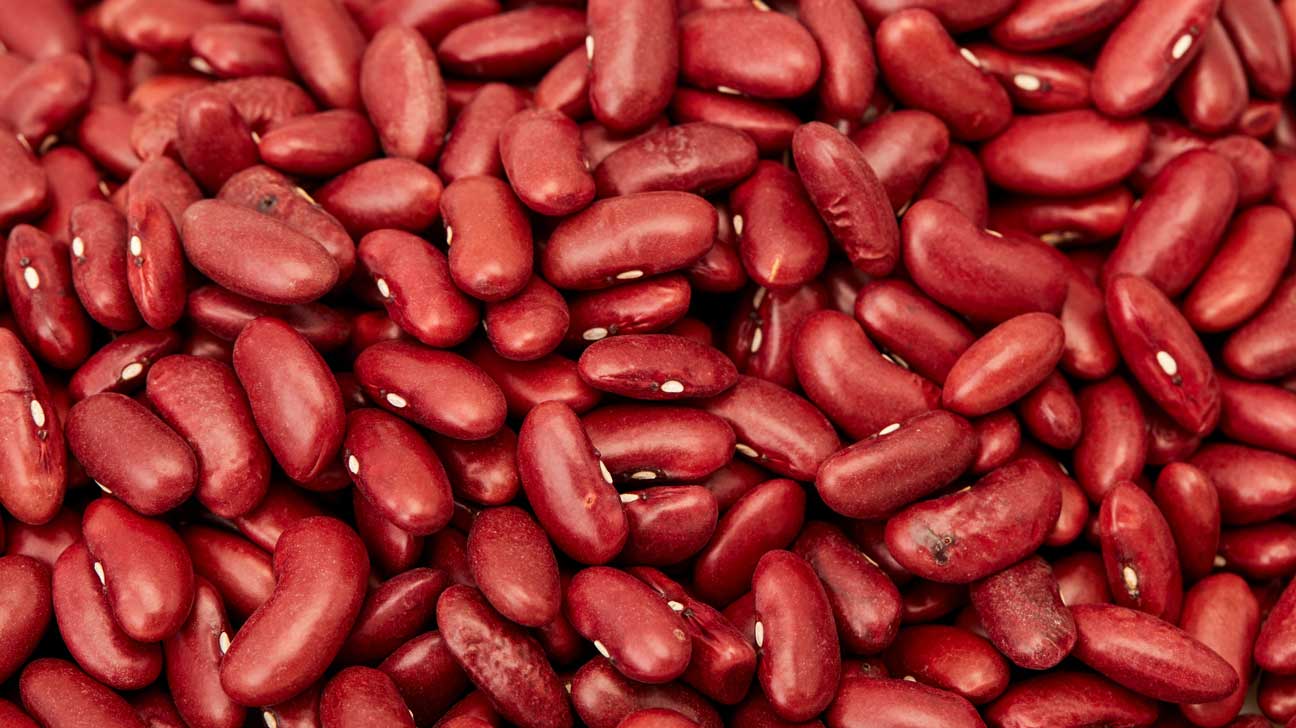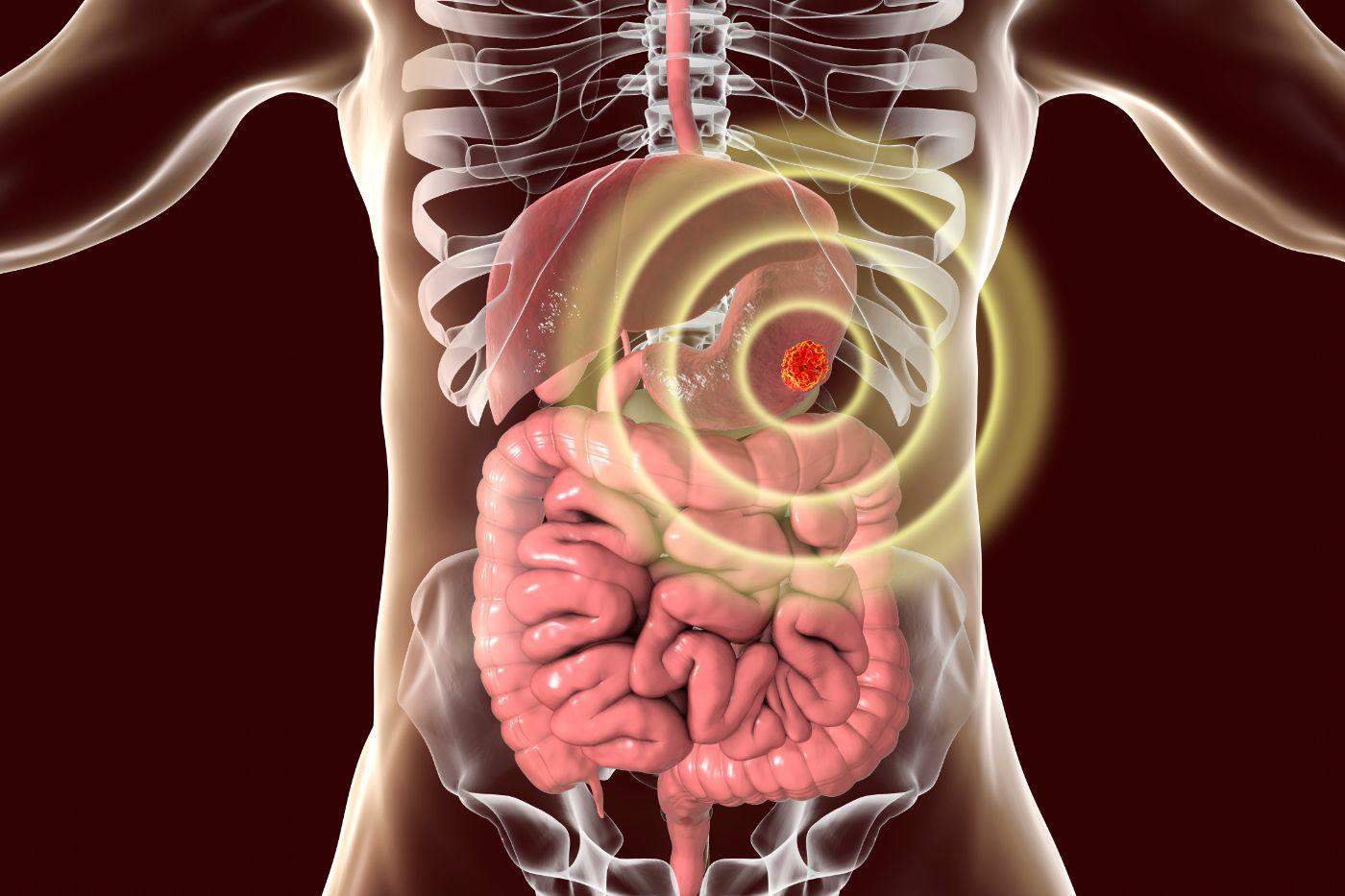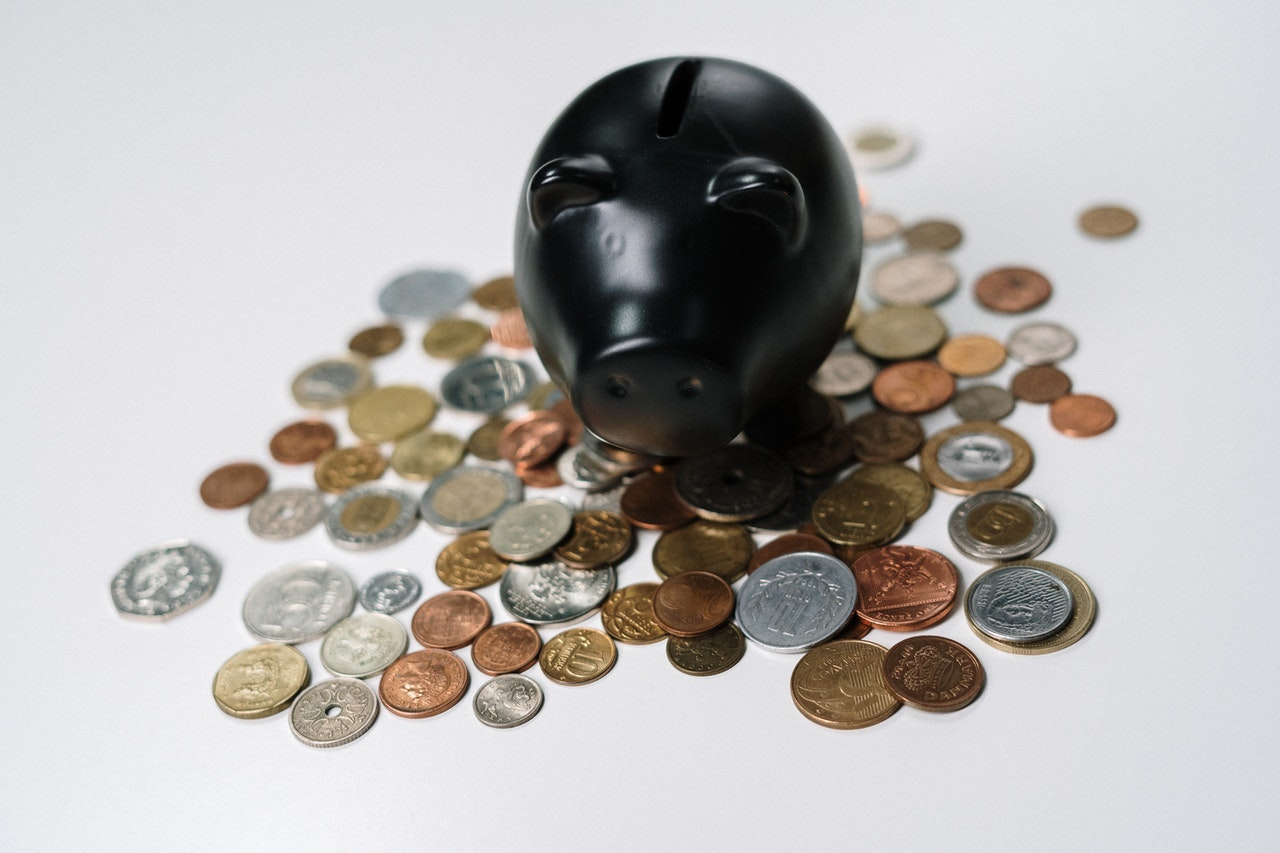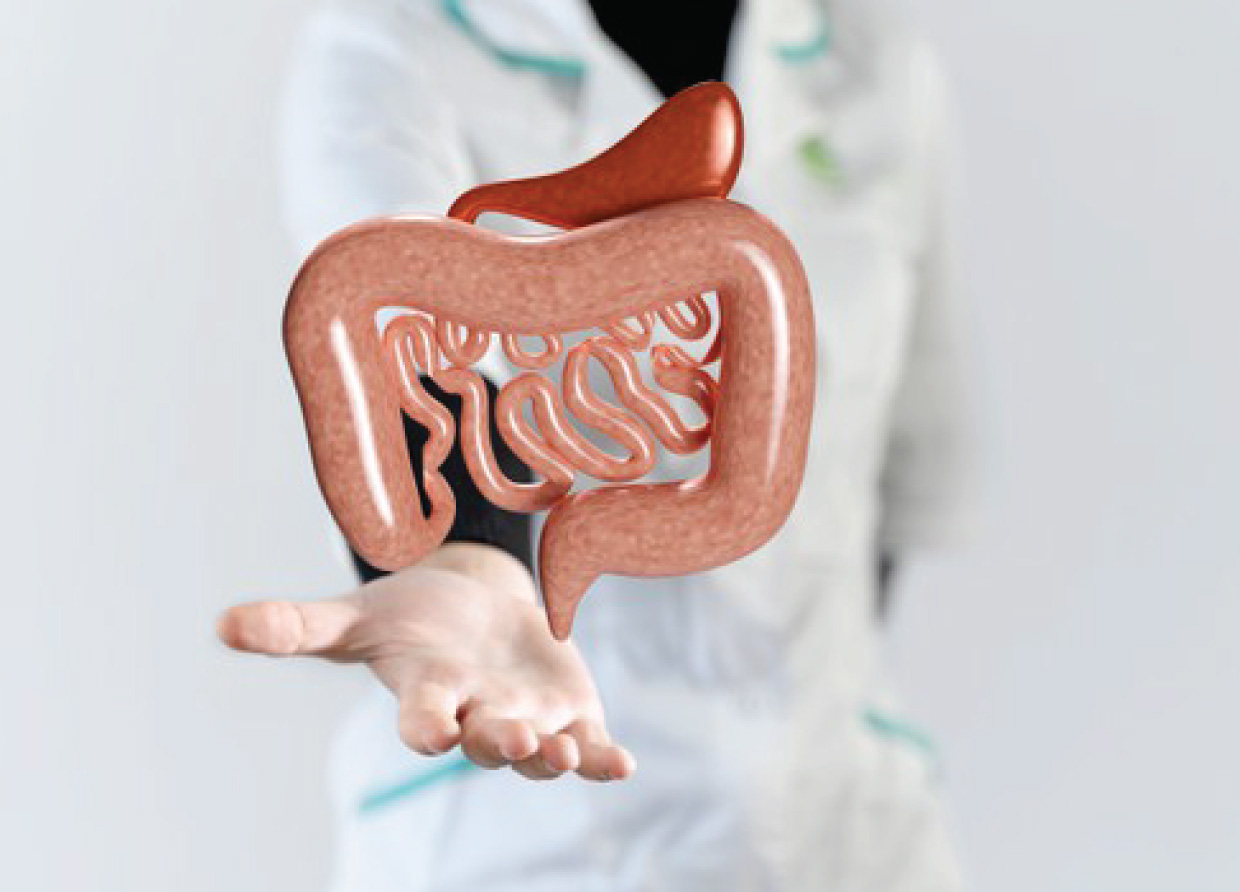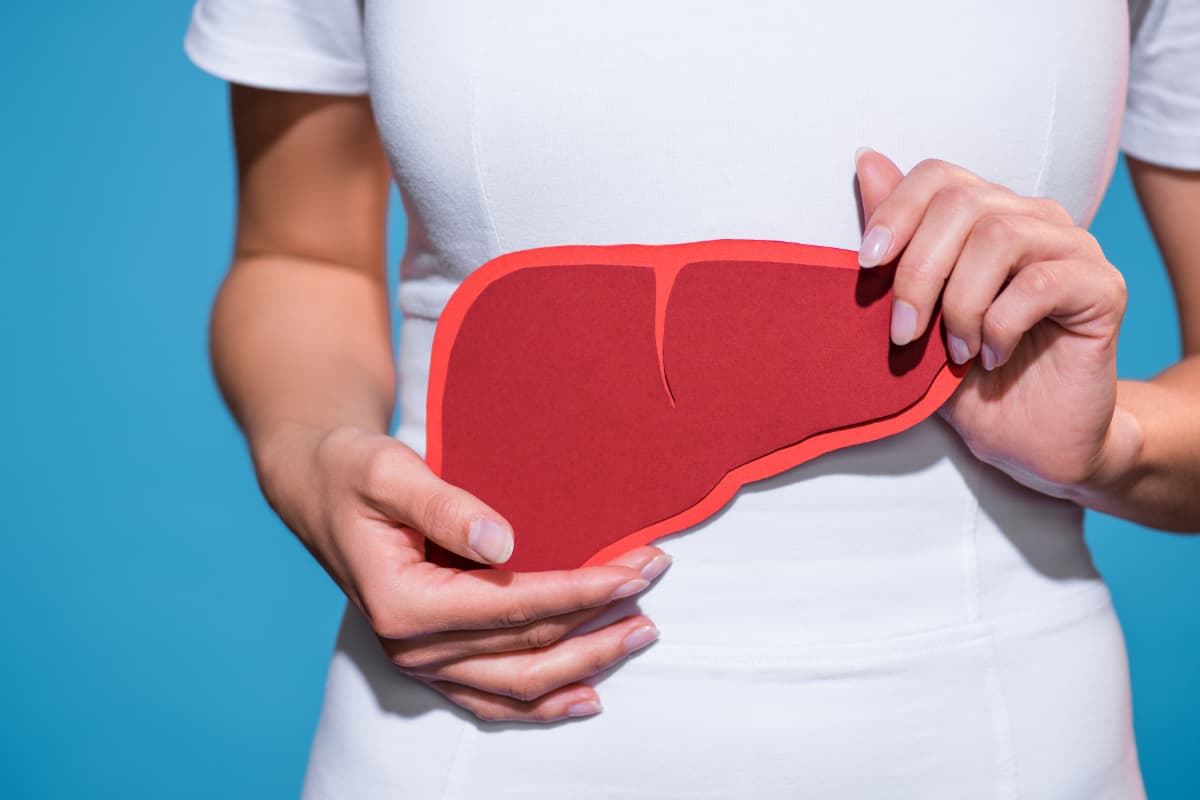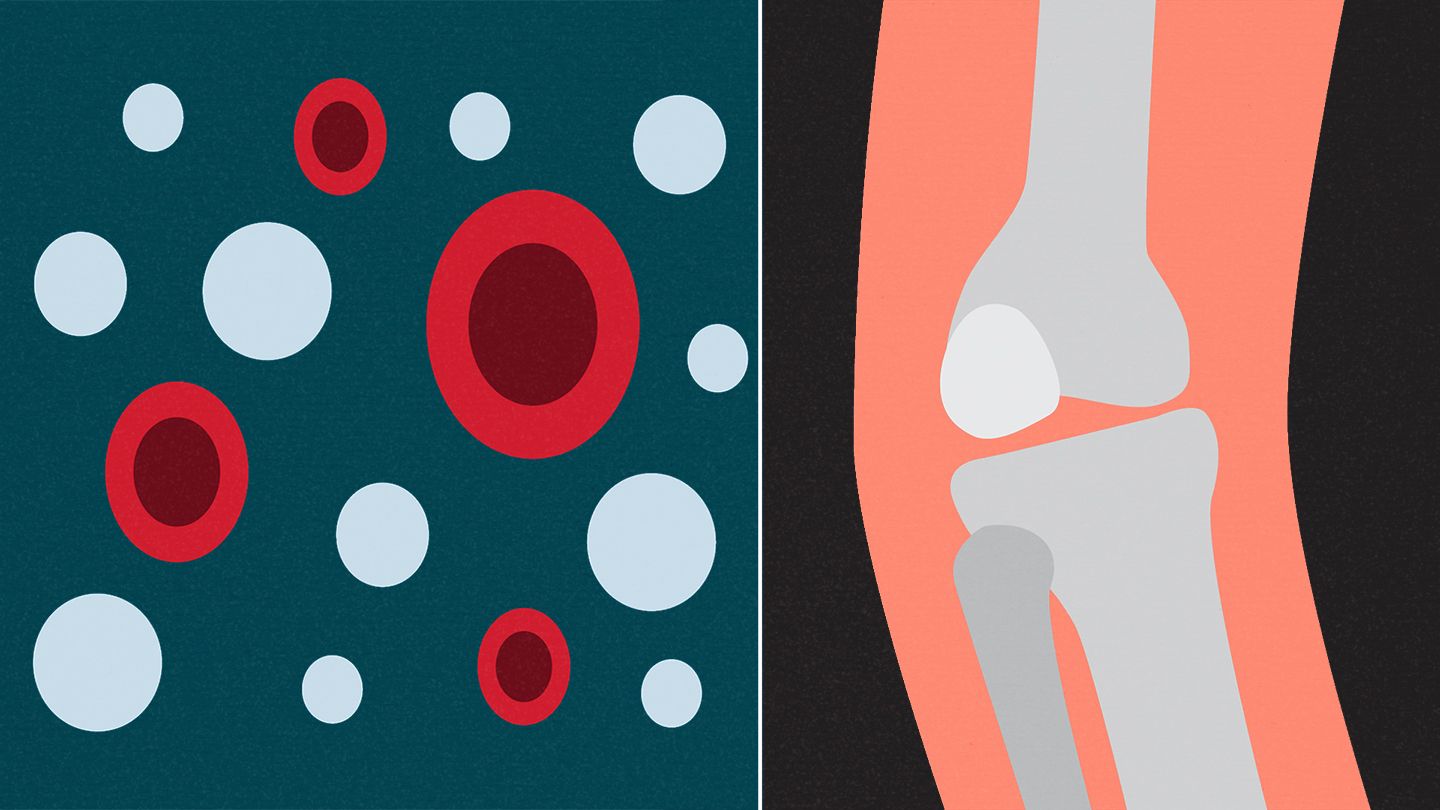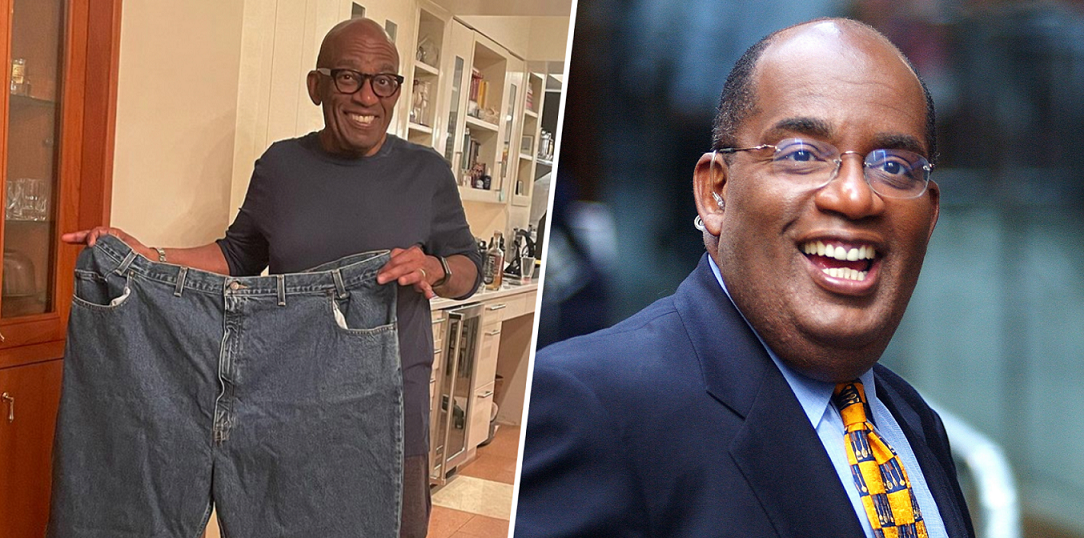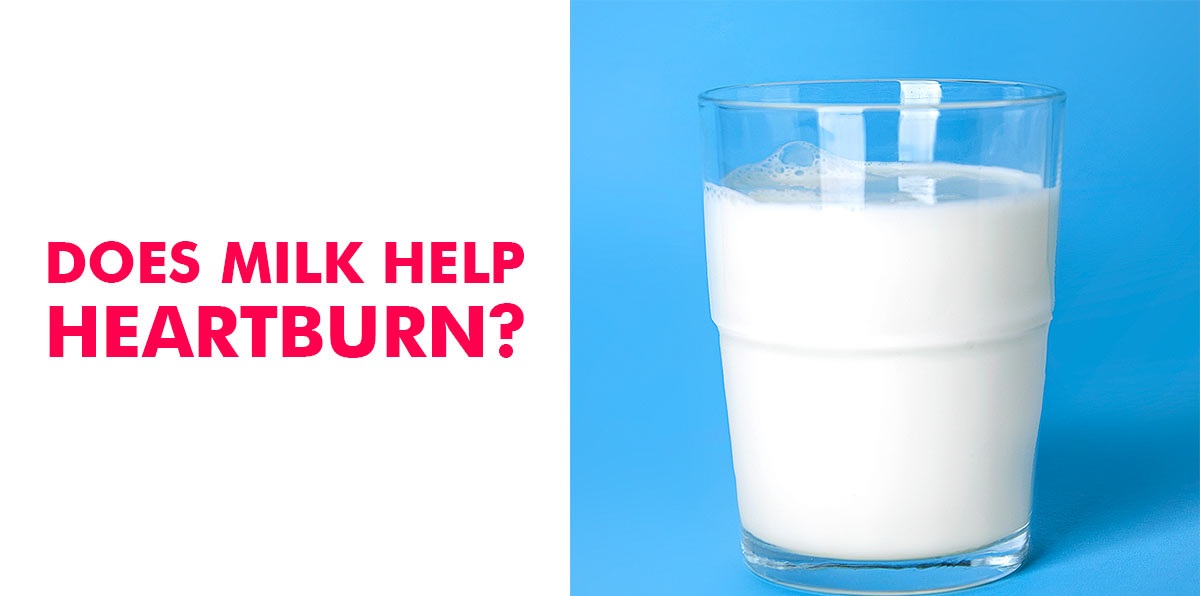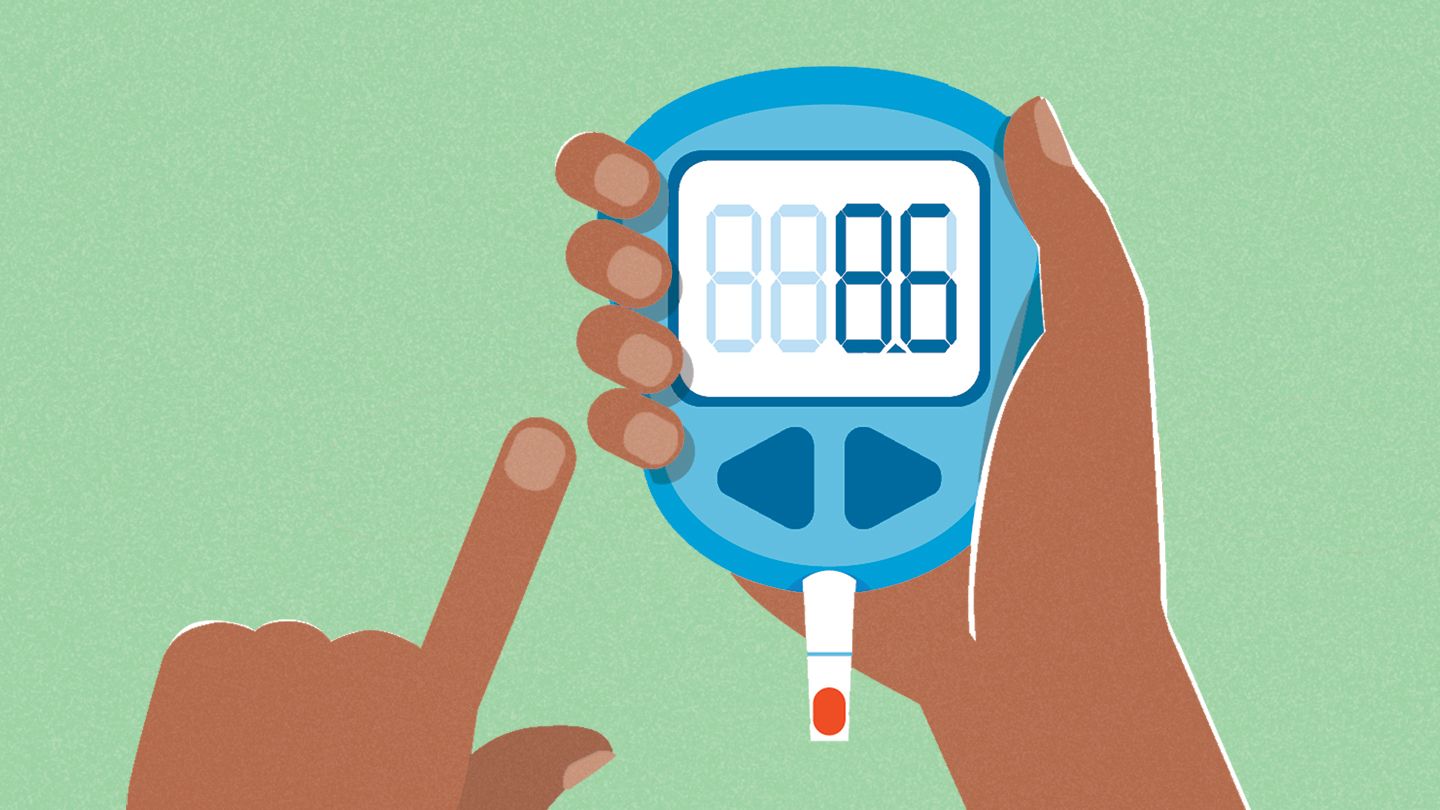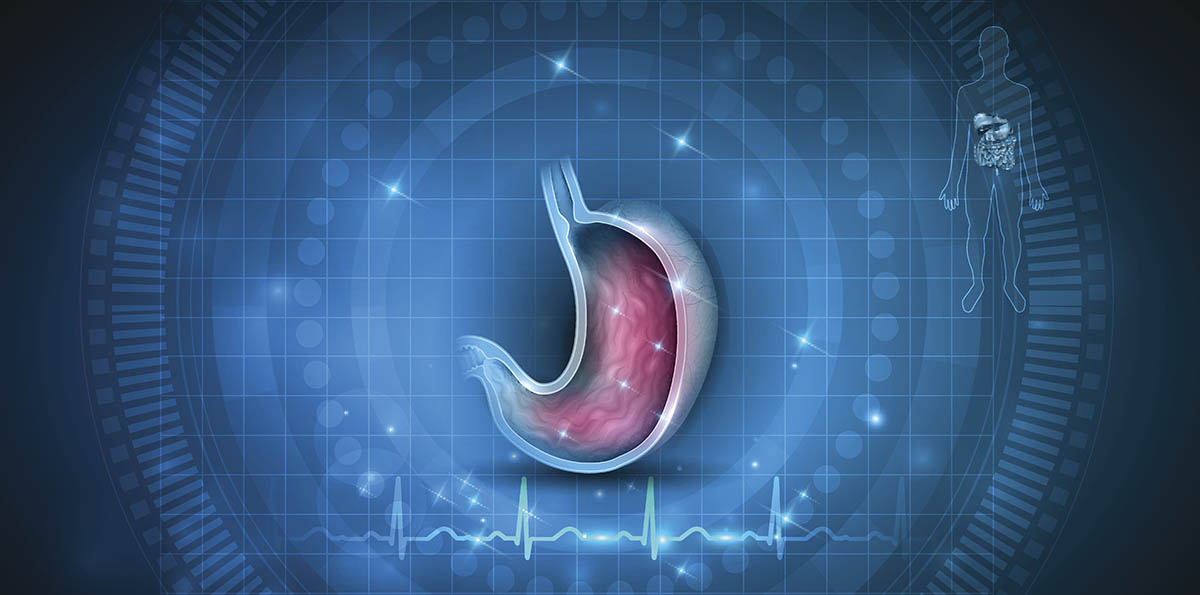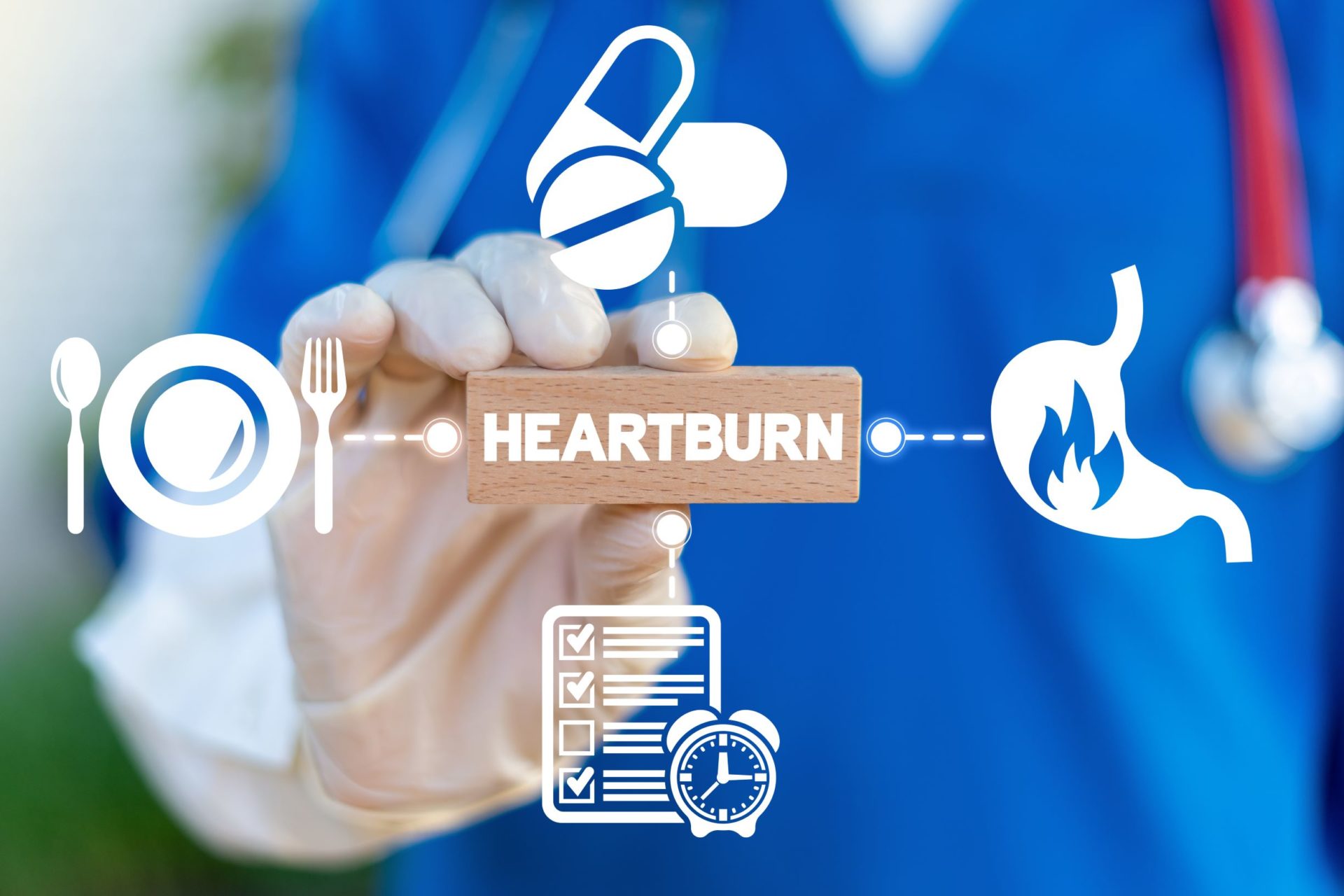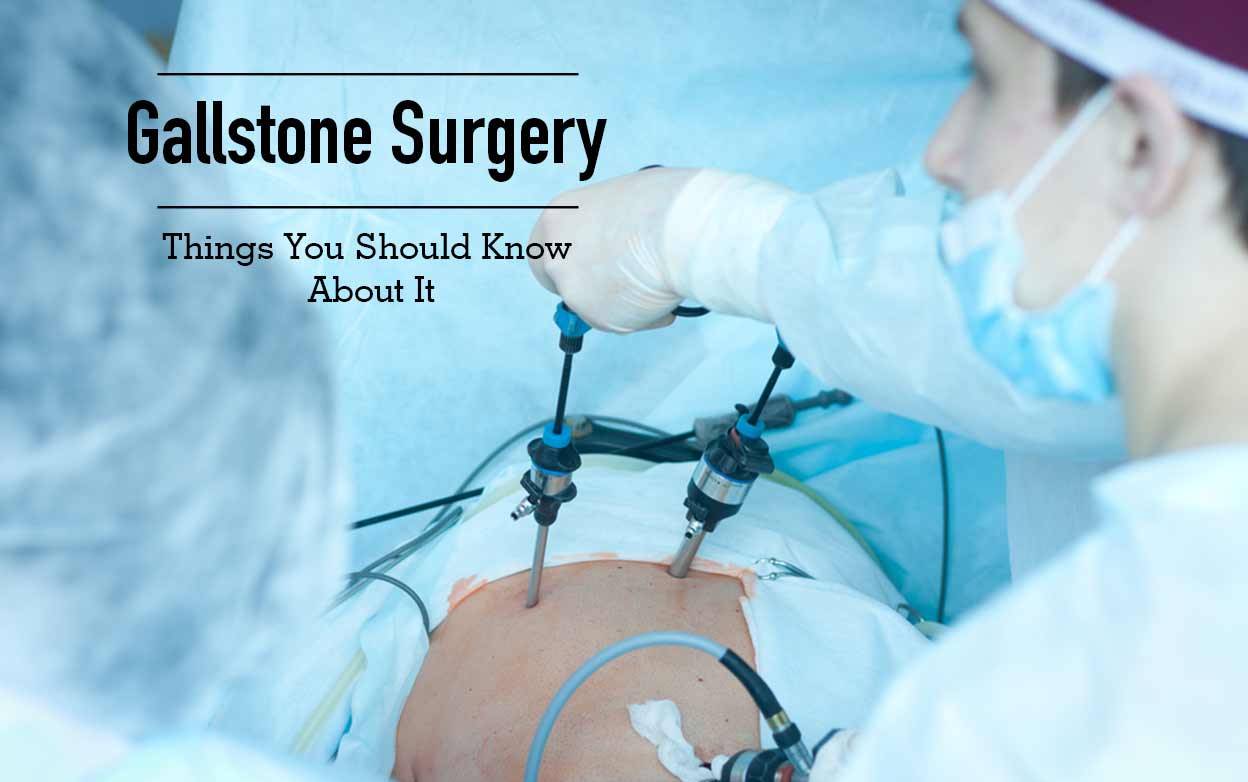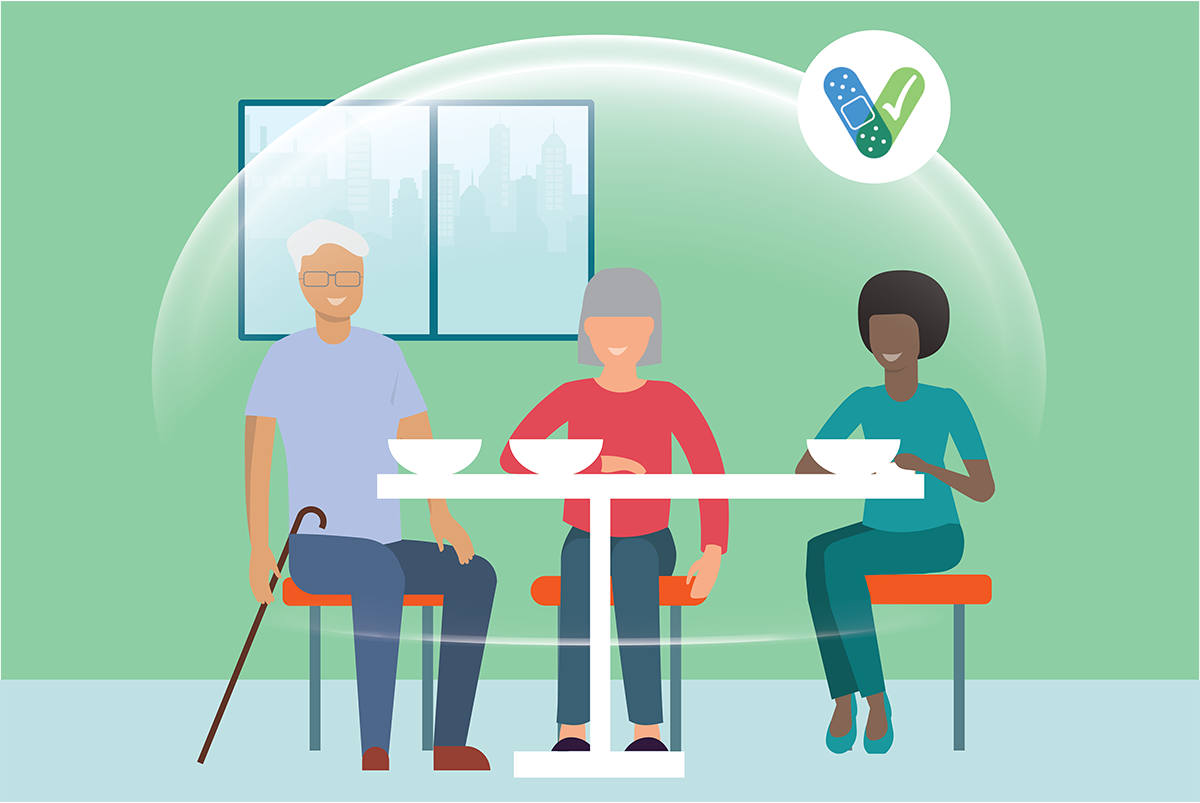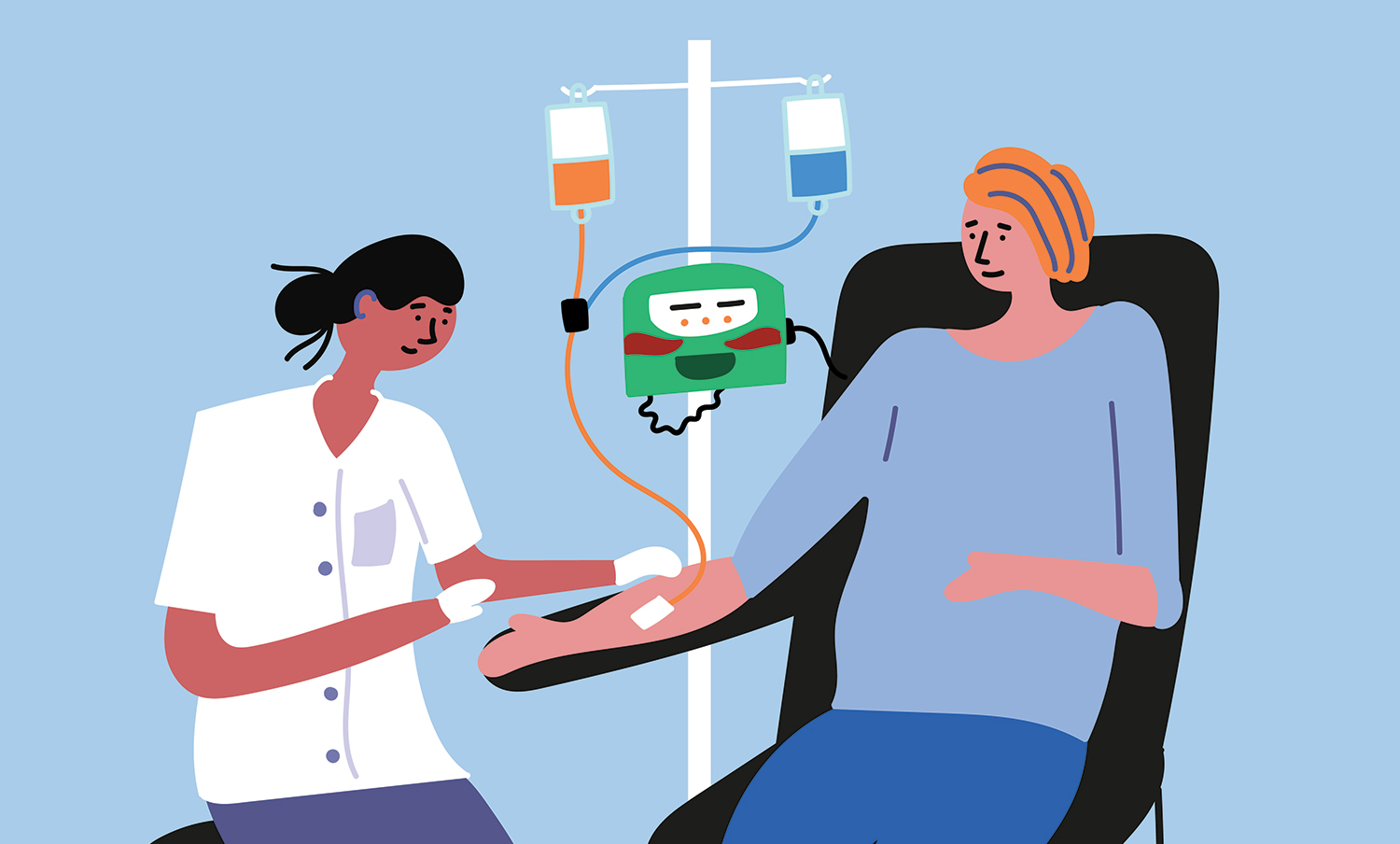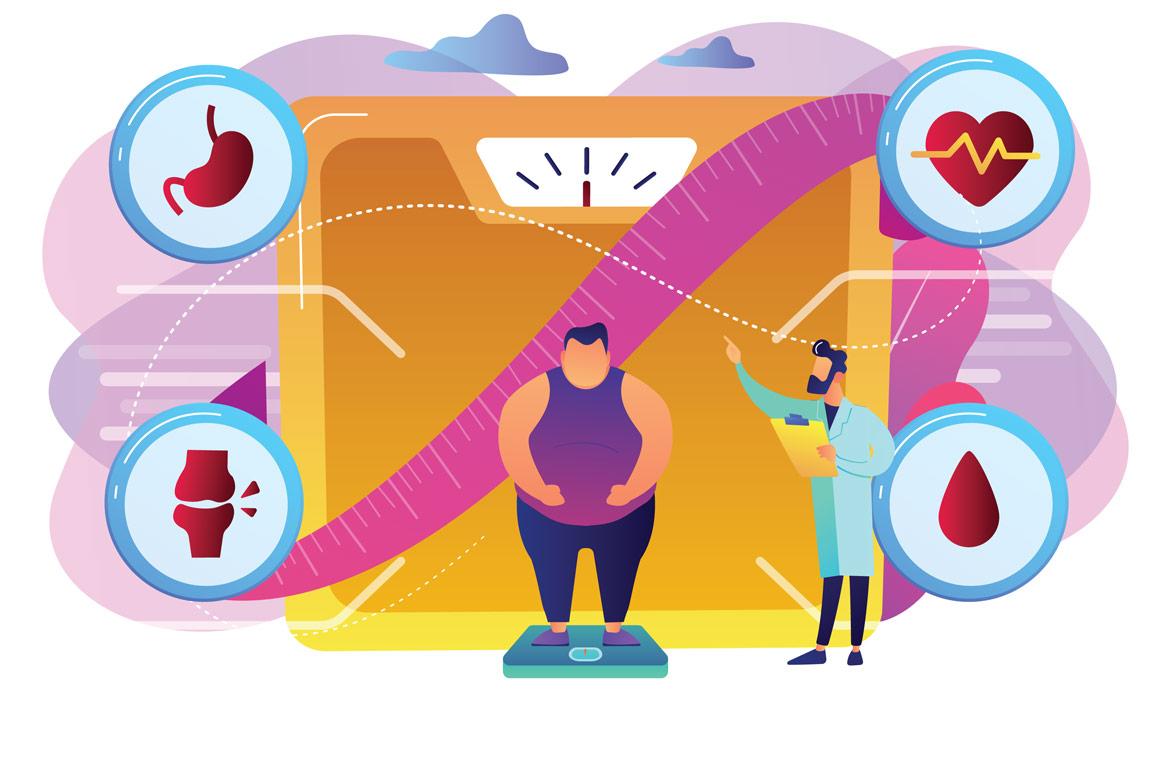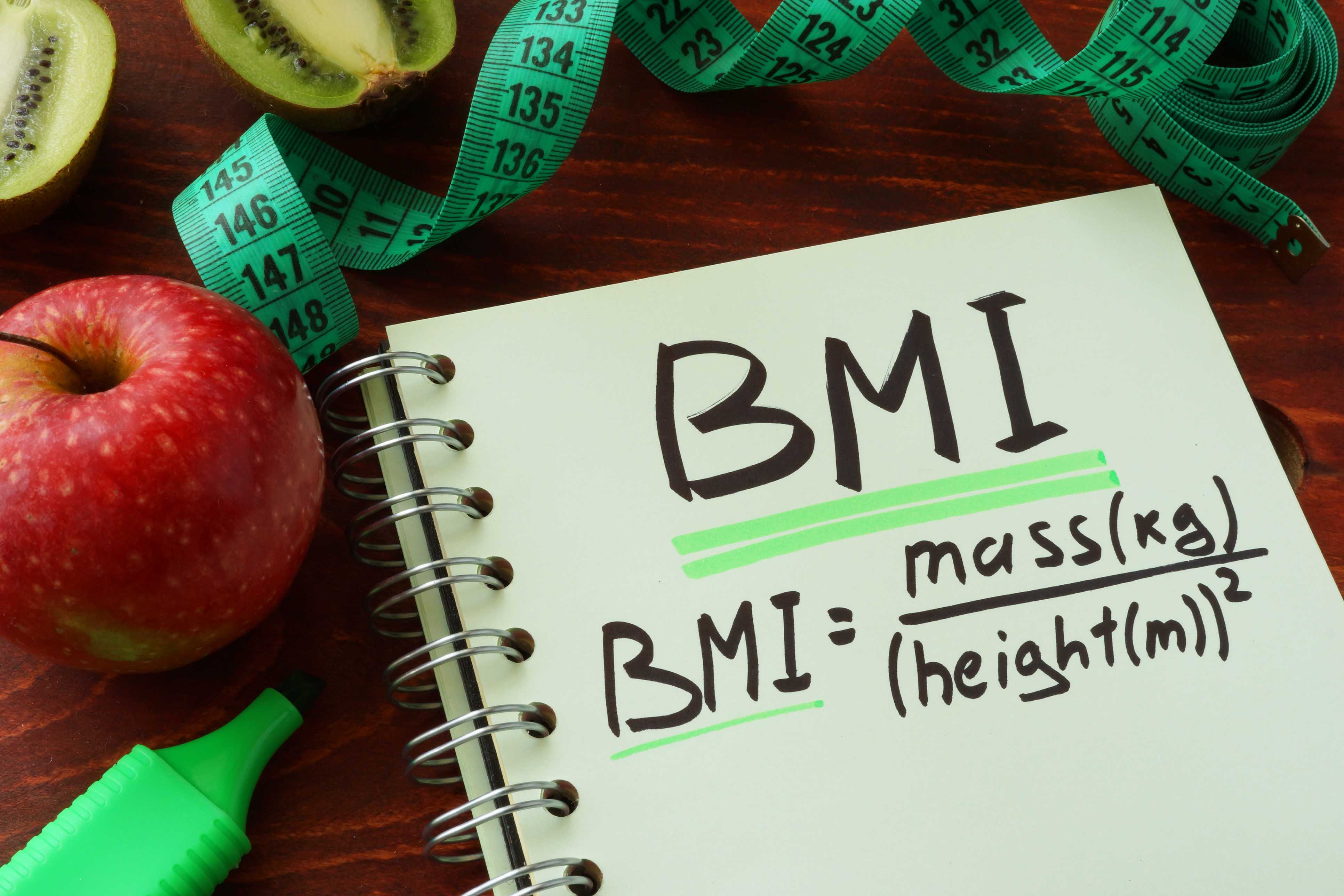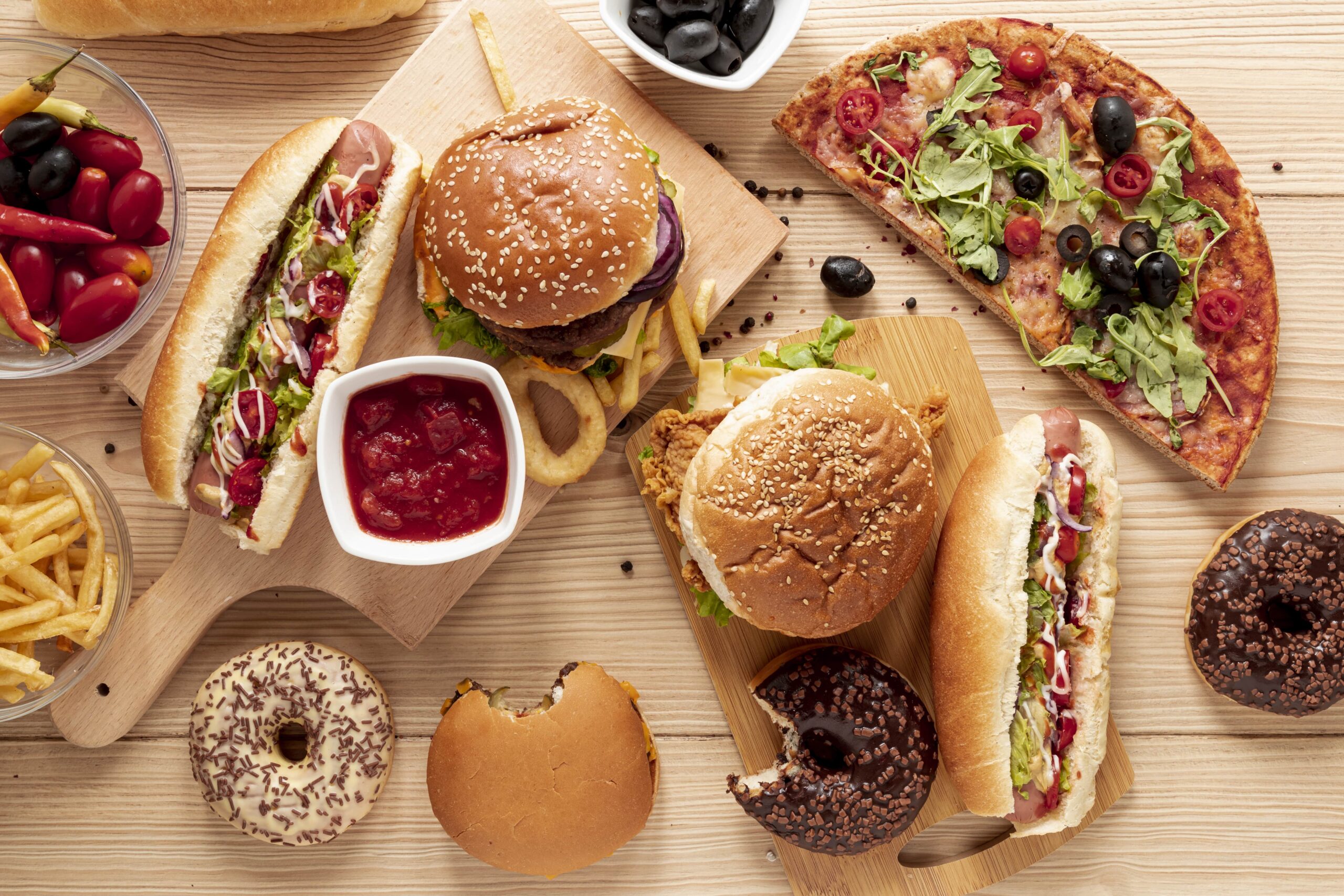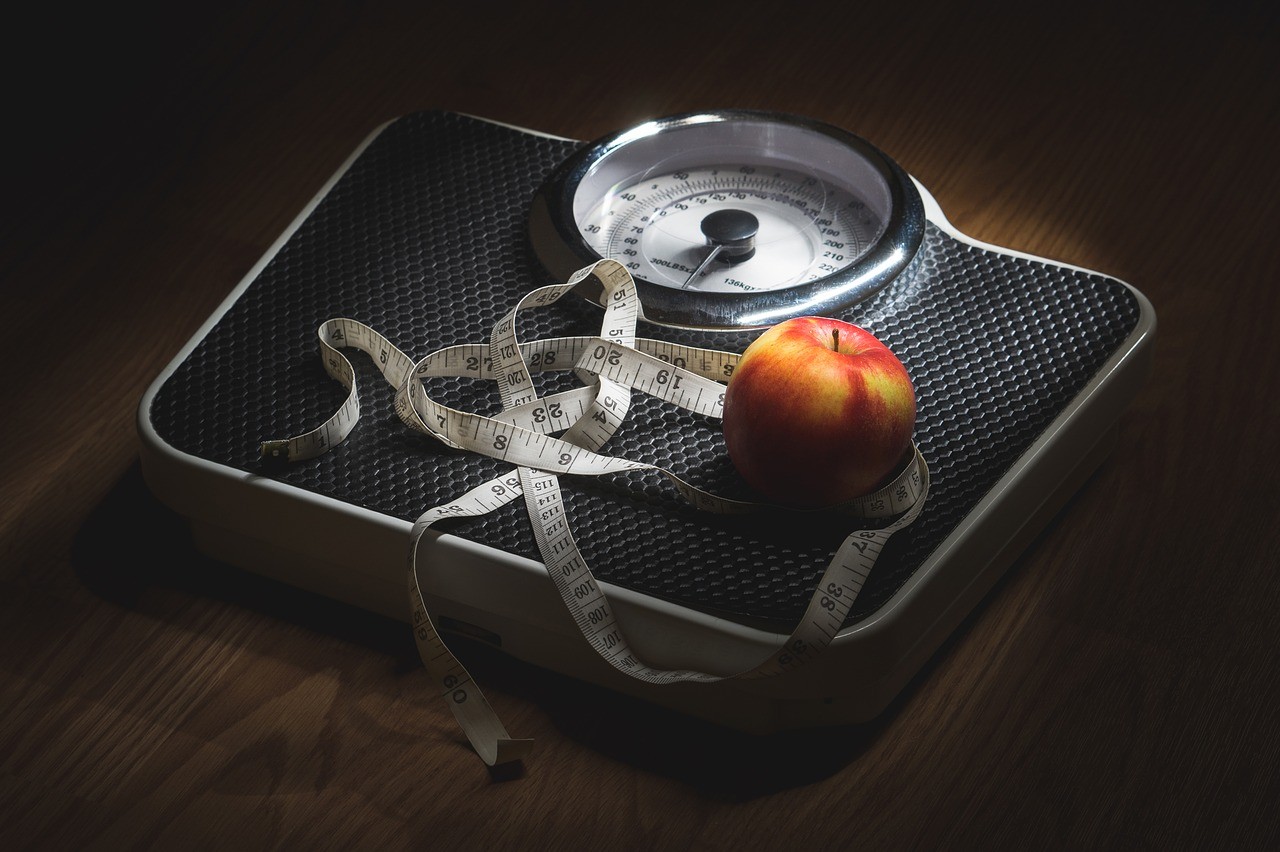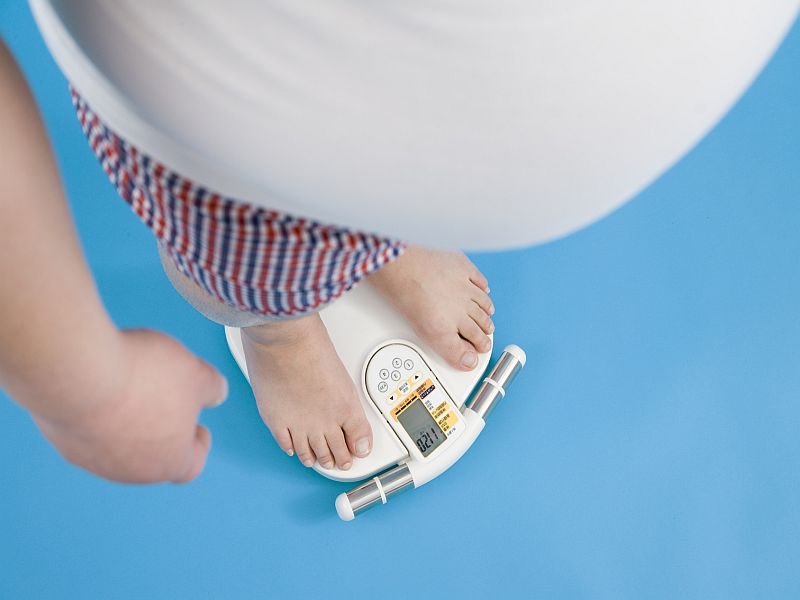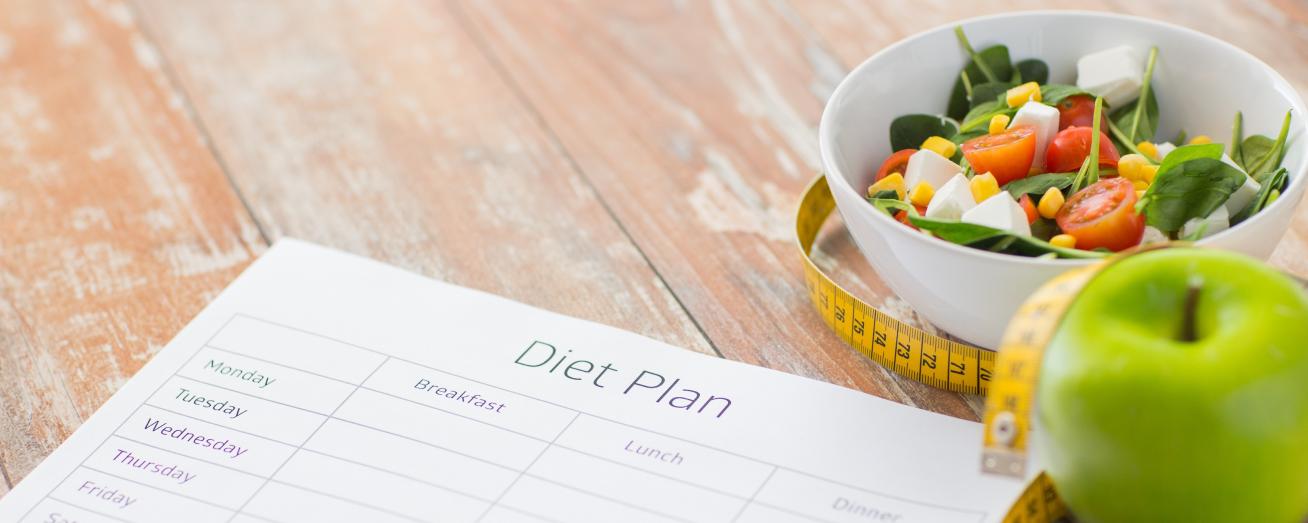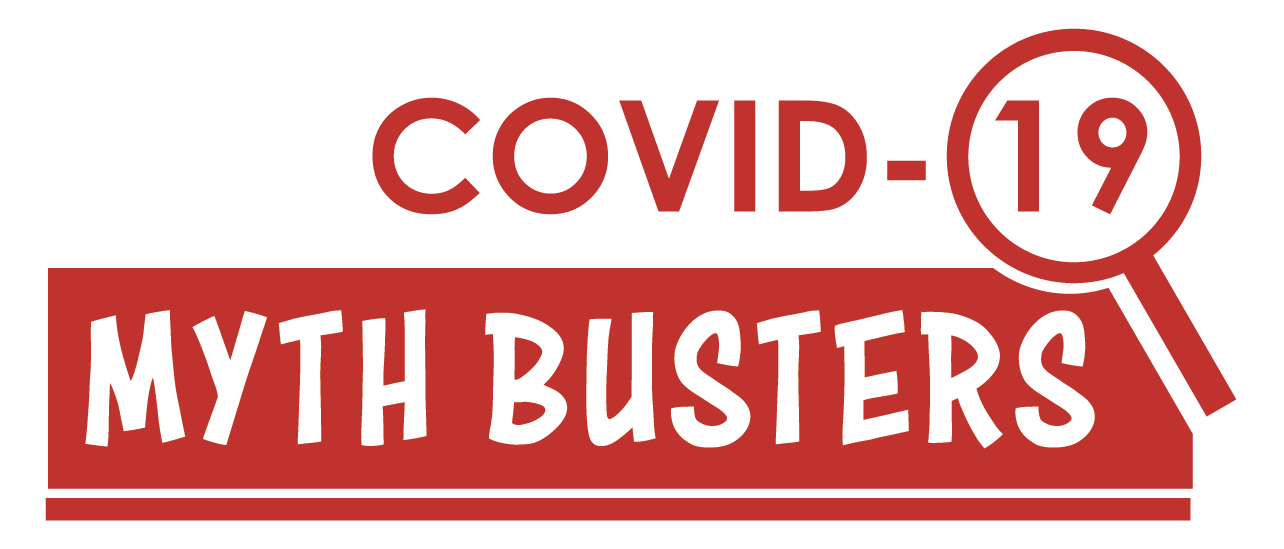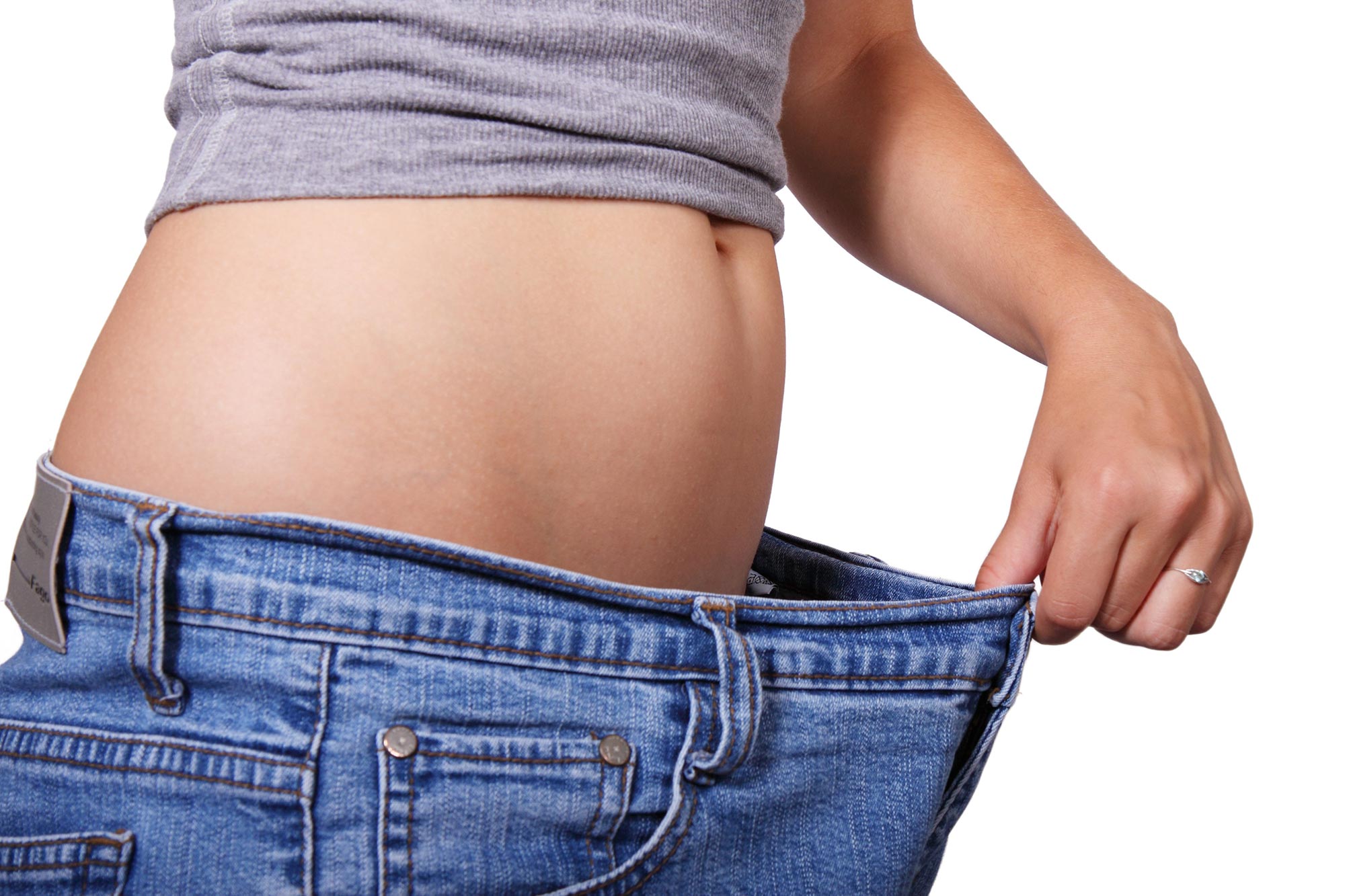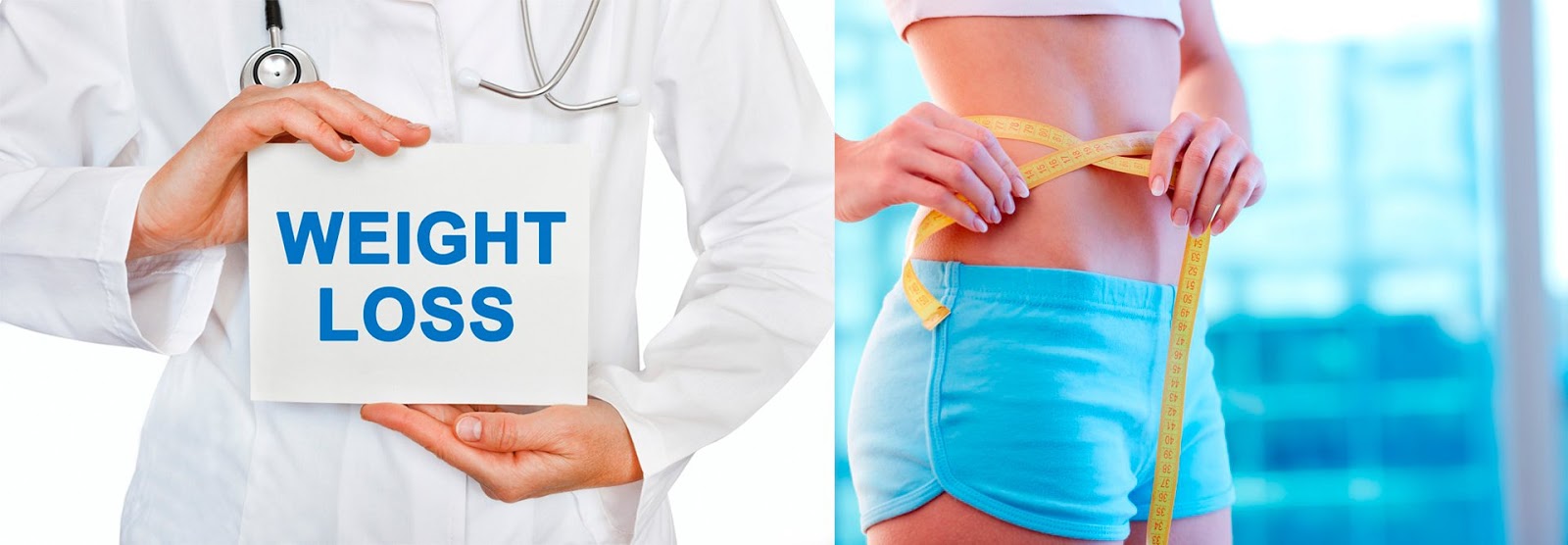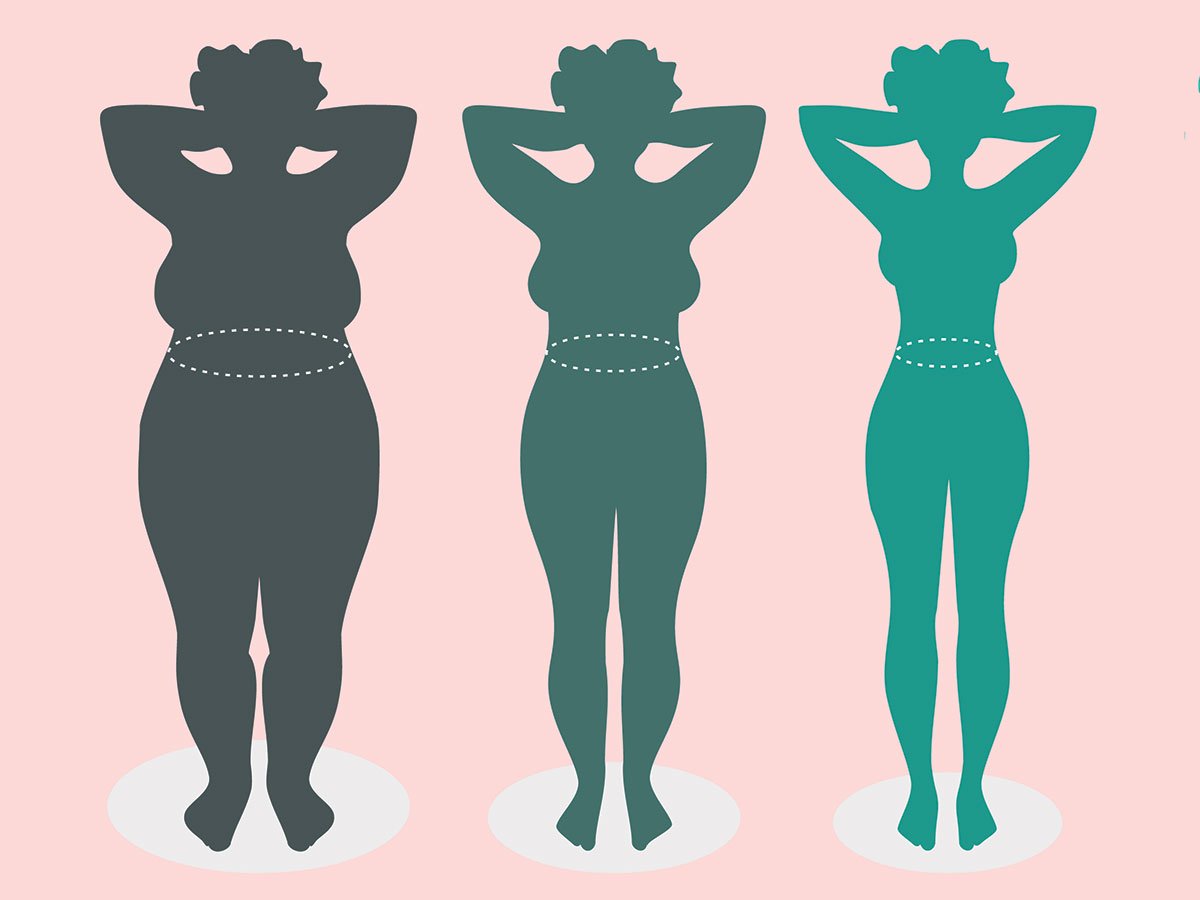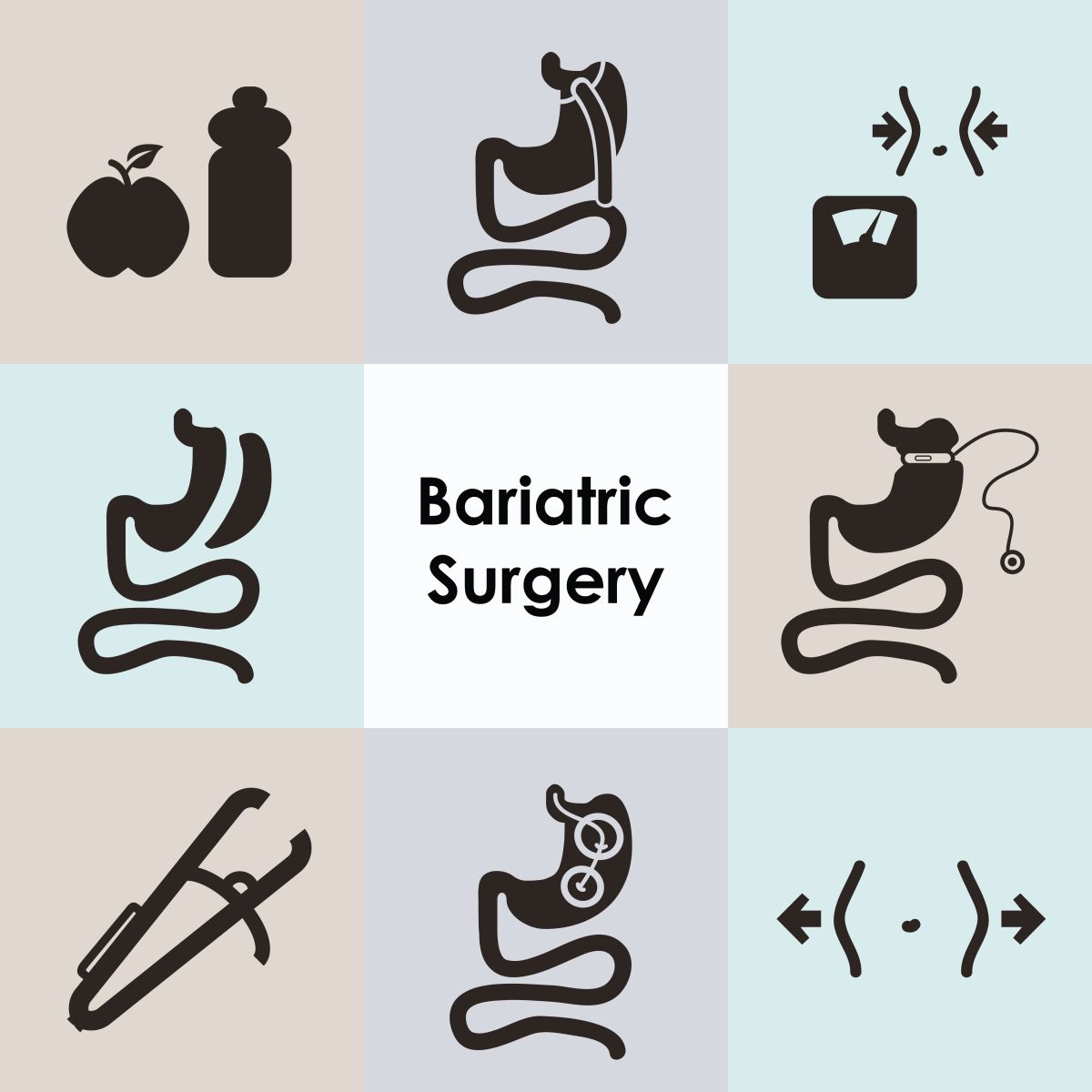Emotional eating, obesity
Emotional Eating can lead to Overweight and Obesity
Do you eat to feel better or relieve stress? These are signs of emotional eating. Learn more about emotional eating and its effects, prevention and treatment here.
Summary: 60 Second Read
This article covers-
What IS emotional eating?
We don’t always eat just to satisfy physical hunger. Many of us also turn to food for comfort, stress relief, or to reward ourselves. And when we do, we tend to reach for junk food, sweets, and other comforting but unhealthy foods. You might reach for a pint of ice cream when you’re feeling down, order a pizza if you’re bored or lonely, or swing by the drive-through after a stressful day at work.
Emotional eating is using food to make yourself feel better- to fill emotional needs, rather than your stomach. Unfortunately, emotional eating doesn’t fix emotional problems. In fact, it usually makes you feel worse. Afterward, not only does the original emotional issue remain, but you also feel guilty for overeating.
How Emotional Eating Causes Weight gain?
If you are an emotional eater, you may not listen to your body's natural hunger and fullness signals. You may eat more than you need or want.
Emotional eating can also interfere with making healthy food choices. As a result you might consume more food (calories) than required.
When your bodies take in more calories than they are using, the extra energy is stored as fat. Eventually, this can lead to an individual being overweight or obese. Obesity is a complex disease, and emotional eating is only one small part of this disease. Not everyone with the disease of obesity has an emotional aspect or motivation related to eating, but for those who do, it can make dealing with this disease very difficult.
HOW TO STOP EMOTIONAL EATING?
When negative emotions threaten to trigger emotional eating, you can take steps to control cravings. To help stop emotional eating, try these tips:
- Keep a food diary. Write down what you eat, how much you eat, when you eat, how you're feeling when you eat and how hungry you are. Over time, you might see patterns that reveal the connection between mood and food.
- Tame your stress. If stress contributes to your emotional eating, try a stress management technique, such as yoga, meditation or deep breathing.
- Have a hunger reality check. Is your hunger physical or emotional? If you ate just a few hours ago and don't have a rumbling stomach, you're probably not hungry. Give the craving time to pass.
- Get support. You're more likely to give in to emotional eating if you lack a good support network. Lean on family and friends or consider joining a support group.
- Fight boredom. Instead of snacking when you're not hungry, distract yourself and substitute a healthier behavior. Take a walk, watch a movie, play with your cat, listen to music, read, surf the internet or call a friend.
- Take away temptation. Don't keep hard-to-resist comfort foods in your home. And if you feel angry or blue, postpone your trip to the grocery store until you have your emotions in check.
- Don't deprive yourself. When trying to lose weight, you might limit calories too much, eat the same foods repeatedly and banish treats. This may just serve to increase your food cravings, especially in response to emotions. Eat satisfying amounts of healthier foods, enjoy an occasional treat and get plenty of variety to help curb cravings.
- Snack healthy. If you feel the urge to eat between meals, choose a healthy snack, such as fresh fruit, vegetables with low-fat dip, nuts or unbuttered popcorn. Or try lower calorie versions of your favourite foods to see if they satisfy your craving.
- Learn from setbacks. If you have an episode of emotional eating, forgive yourself and start fresh the next day. Try to learn from the experience and make a plan for how you can prevent it in the future. Focus on the positive changes you're making in your eating habits and give yourself credit for making changes that'll lead to better health.
Treatment of emotional eating
When to seek professional help
Treatment for emotional eating is most effective when it’s customized to your unique circumstances and eating habits. Although some people can find effective treatment by simply managing the stress in their lives, some people require a more in-depth assessment of emotional health and coping mechanisms. In some cases, emotional eating can be indicative of certain mental health disorders like depression or anxiety and requires the help of a mental health professional. Additionally, bariatric surgeries can be utilized if you’ve experienced significant weight gain as a result of emotional eating. If you feel like addressing your emotional eating habits is too much to handle, then enlisting the help of a medical professional can be a positive step. In fact, even being aware of your emotional eating habits can be one of the best ways to begin preventing it.
Research suggests that Bariatric surgery has an equally positive impact on eating behaviour and weight loss for both High Emotional Eaters and Low Emotional Eaters.
Are you having trouble controlling your emotional eating tendencies or losing excessive weight? Time to consult our experts.
Book a Consultation
Reference
- https://www.uofmhealth.org/health-library/aa145852
- https://www.medicinenet.com/emotional_eating/article.htm
- https://www.mayoclinic.org/healthy-lifestyle/weight-loss/in-depth/weight-loss/art-20047342
- https://www.researchgate.net/publication/5962664_Emotional_Eating_in_a_Morbidly_Obese_Bariatric_Surgery-Seeking_Population

